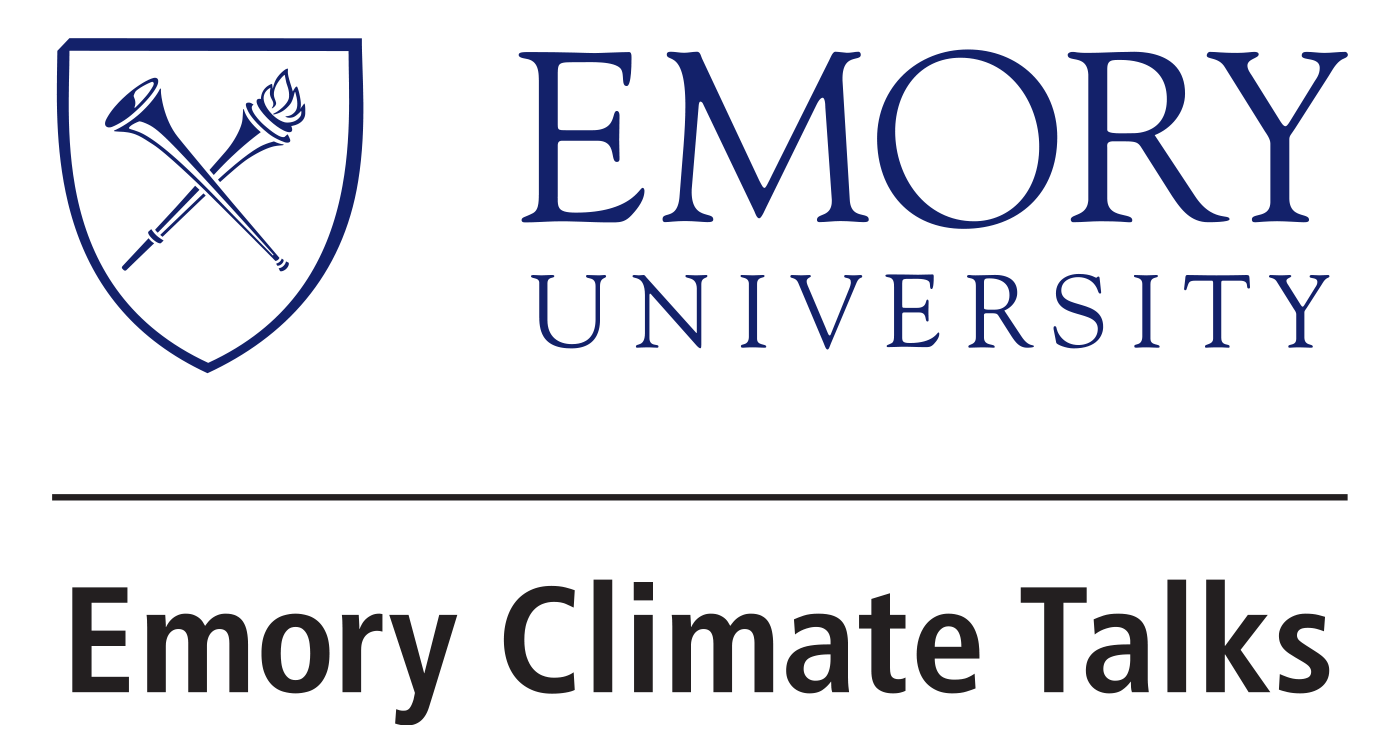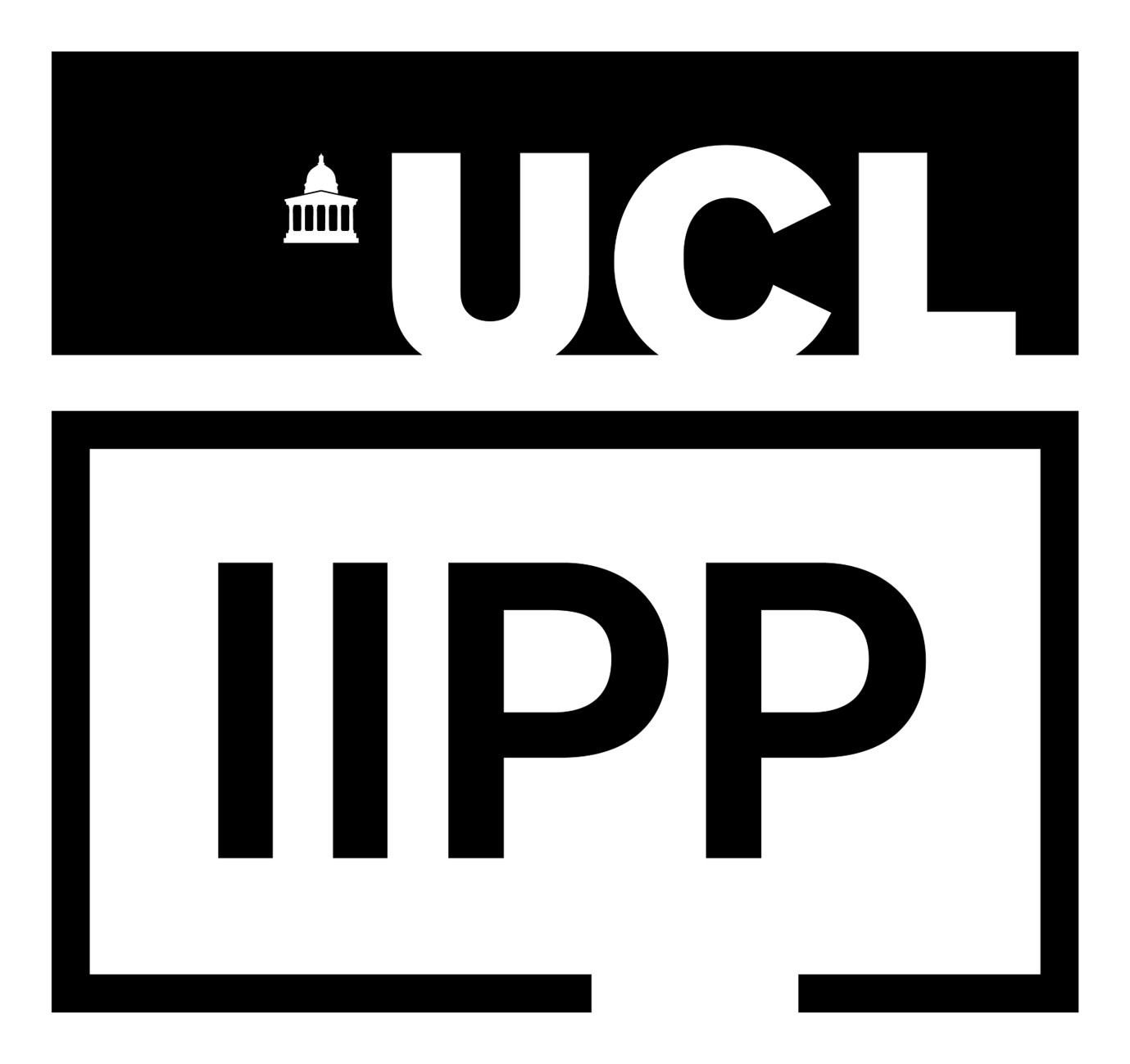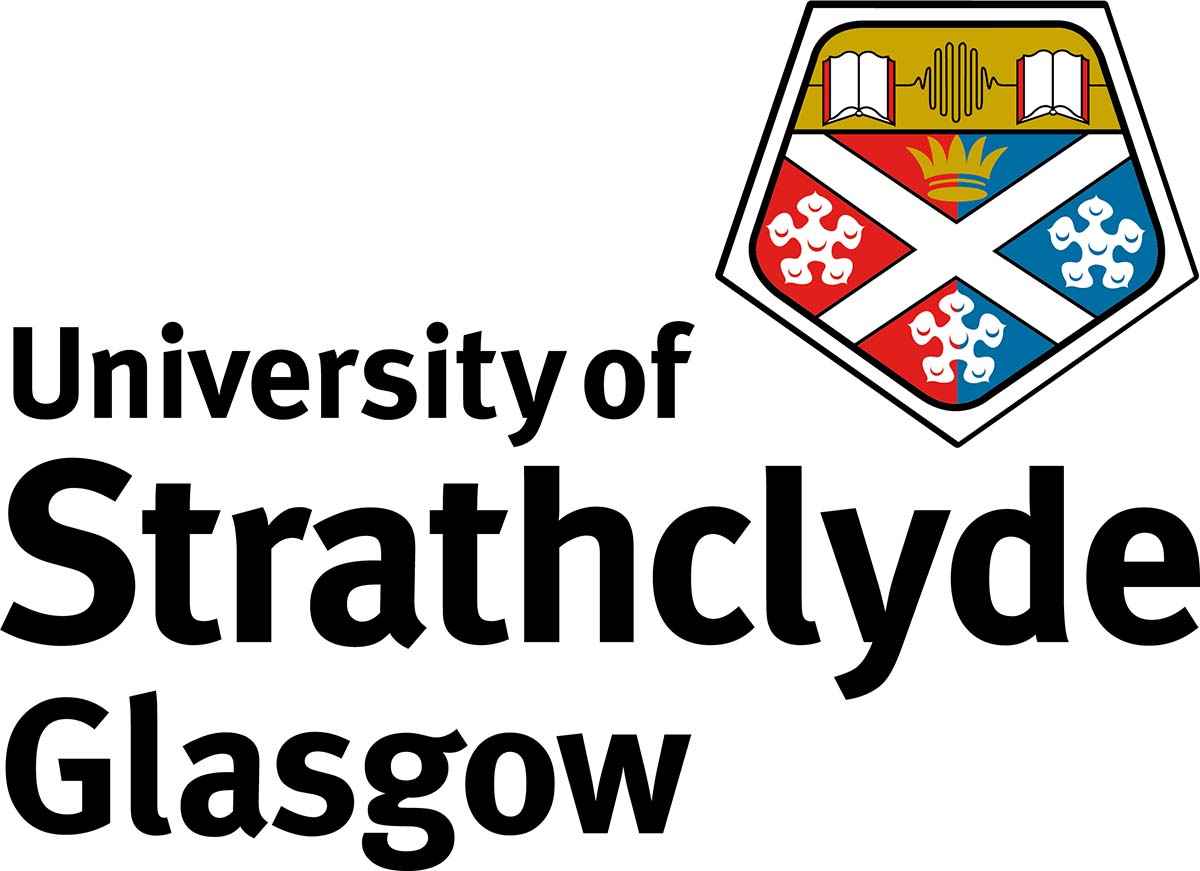ZESC at COP26: Key Climate Solutions for the Decade of Action
The 2021 Zero Emissions Solutions Conference will bring together leaders and scientists from businesses, governments, and academia from around the world. Happening on the sidelines of COP26, the ZESC will host up to fifteen sessions across the first week of COP featuring distinguished speakers who will showcase solutions relevant to the high-level champions thematic days including policy technology solutions for: finance, energy, youth, and nature.
Missed a live session? You can watch sessions from days prior via the playlist below.
Agenda
All session times are in GMT. Session details and speakers are pending and subject to change.
01 Nov 9:00AM1A. Aligning Global Policy Frameworks: Biodiversity and Climate Change
This session explores the opportunities and challenges of integrating the biodiversity and climate agendas at both the global and national level. Climate and biodiversity are innately interconnected and limiting biodiversity loss is crucial to decarbonization efforts, however implementation challenges remain. Important elements of the conversation will include the mechanisms that exist to effectively integrate nature and climate in national policy and how to increase transparency and accountability. SDSN’s policy brief titled “The integration of biodiversity and climate objectives in land-based policy” launches today and provides support for integrating biodiversity and climate agendas and outlines integration steps for policymakers that stemmed from case studies in China and Costa Rica.
Akanksha Khatri, World Economic Forum (WEF)
Guido Schmidt-Traub, Systemiq
Dr. Wang Hao, Peking University
01 Nov 2:00PM1B. Delivering Climate Neutral Districts - Implementing a New vision at City and Region Scale
This panel discussion will be framed around a whole systems approach to develop the Climate Neutral Districts Vision that crosses city and region and the collaborative effort that frames the approach. The panel would focus on the development of long-term pathways, investment plans, investment strategies, the range of solutions being studied and integrated, how these are supported by city and regional policies and planning, and how they integrate with other projects and developments. Examples will be showcased from both the Glasgow City Region in Scotland and San Diego County in California.
Roddy Yarr, University of Strathclyde
Gordon McCord, University of California, San Diego
Graham Smith, Glasgow City Council
Terra Lawson-Remer, San Diego County Board of Supervisors
01 Nov 4:00PM1C. Learning from Crisis: COVID to Climate
This session has been developed in collaboration with Springer Nature and SDSN. During two Roundtable sessions held in October 2021, experts across natural, applied, and social science disciplines were brought together to discuss similarities and differences between the COVID-19 and climate crisis under the following two themes: 1. Structural Inequalities- Gender, Race, and Poverty and 2. Motivating Behavior Change and Addressing Misinformation. The co-chairs from these roundtables will share their findings and a Q&A will follow.
Tamsine O’Riordan, Palgrave Macmillan
Arend Küster, Director Funder Relations at Springer Nature
Magdalena Skipper, Editor-in-Chief, Nature and Jeffrey Sachs, SDSN
Jiaying Zhao, The University of British Columbia
Gerald Torres, Yale Law School
Wolfgang Blau, Reuters Institute Helen Bond, Howard University
02 Nov 9:00AM2A. Economic Response Toward Covid-19 Resilience
During the pandemic and post-pandemic recovery, governments are urged to focus on green recovery. A green economy would significantly enhance the resilience of both economies and societies in the face of future economic recessions and environmental challenges. But many governments are unsure about what green economic recovery means for their countries, how can they demonstrate the benefit of it. This session discusses what developing countries’ governments can do to start a green recovery using experience from other countries. This session will also talk about aligning green recovery with countries’s climate ambition, how to share understanding that Covid recovery presents opportunities for alignment with climate targets, and manage political and complex policy coordination. And finally this session presents experience on doing circular economy to facilitate a Covid recovery.
Guntur Sutiyono, ClimateWorks Australia
Phoebe Koundouri, SDSN Europe
Berly Martawardaya, INDEF
Olga Mikheeva, UCL Institute for Innovation and Public Purpose (IIPP)
02 Nov 2:00PM2B. Pathfinder Initiative - Finding Pathways to a Healthy, Zero-Carbon Future
The Pathfinder Initiative is working to synthesise, and collaborate with key stakeholders to disseminate evidence on the development and implementation of multi-sectoral actions to sustain and improve health, while accelerating progress towards a post-carbon economy. This session will highlight the opportunities to improve health and well-being that are available by transitioning to a net zero society and some of the challenges faced in achieving these benefits. The session will provide a broad overview of some of the major pathways and opportunities to improve health and then take a detailed look at a number of specific sectoral actions and discuss how these can be scaled for impact.
Johan Rockström, Potsdam Institute for Climate Impact Research
Sir Andy Haines, co-chair of the Lancet Pathfinder Commission on Health in the Zero-carbon Economy
Kristine Belesova, London School of Hygiene and Tropical Medicine
Syreen Hassan, London School of Hygiene and Tropical Medicine
Peninah Murage, London School of Hygiene and Tropical Medicine
02 Nov 4:00PM2C. Climate Finance: Making Good on the Rhetoric?
As nations are ramping up their commitments to transformative action, the question of efficient financing looms over ambitious promises. Our panelists will discuss suggestions for stakeholder collaboration and concrete solutions to help achieve our shared ambitions within the framework of the Paris Agreement. These speakers are drawn from the SDG Action initiative. SDG Action is a new initiative launched by the UN Sustainable Development Solutions Network (SDSN) to support the UN’s Decade of Action – the global effort to mobilize governments, businesses, and civil society to deliver the SDGs by 2030. SDG Action is a resource for sustainability practitioners in all sectors and will bring timely analysis of the most pressing challenges. Its emphasis will be on identifying opportunities and providing tangible ways to accelerate progress. This website features articles from world-leading experts on all aspects of the SDGs and climate action and this month’s edition is focused on climate action.
Daniel Esty, Yale University
Pankaj Bhatia, World Resources Institute
Nicole Pinko, Climate Policy Initiative
Rajat Panwar, Oregon State University
Martha McPherson, Design Portfolio
03 Nov 9:00AM3A. ASEAN’s Green Future: Farther, Faster, Together
The world is at a tipping point where the national decarbonisation commitments to be made at COP26 will largely determine whether the world stays within the 1.5° limit of the Paris Agreement. ASEAN and ASEAN Member States have an opportunity to raise climate ambition. This session will feature speakers from across ASEAN to present the opportunities and challenges for each country and the region in the transition to net-zero emissions by mid-century. The session will provide national and regional recommendations for policy and financing solutions to accelerating the just transition across ASEAN. Speakers from Cambodia, Laos, Indonesia, and Malaysia will come together to discuss their national opportunities for net-zero.
Wing Woo, VP for Asia & Head of Kuala Lumpur Office, Kuala Lumpur
Dr. Alin Halimatussadiah, Head of Environmental Economics Research Group, Institute for Economic and Social Research and Faculty of Economics and Business, Universitas Indonesia
Piseth Keo, Centre for Sustainable Development Studies of Asian Vision Institute
Phouphet Kyophilavong, National University of Laos
Leong Yuen Yoong, Jeffrey Sachs Centre on Sustainable Development, Sunway University
Meg Argyrio, Climateworks Australia
03 Nov 2:00PM3B. Planning and operating an electricity system without fossil fuels
Use of electricity is an increasingly important feature of modern life, for heat, light, cooling, communication, mobility and manufacturing. Crucially, it also offers ways of producing energy without greenhouse gas emissions. This session will explore the challenges we face in planning and operating an electric power system without burning fossil fuels and emitting CO2. It will also describe the solutions to these challenges that are being developed and used in different parts of the world. We will have short presentations from each of the 4 speakers followed by a panel discussion in which we will welcome questions from the audience.
Keith Bell, University of Strathclyde
Dipali Raniga, National Grid ESO
Juan Carlos Araneda Tapia, Coordinador Eléctrico Nacional
Ronald Marais, Eskom
Britta Buchholz, Hitachi-ABB
03 Nov 4:00PM3C. How the Demand for Energy is Underpinning Economic Development
This session examines the challenges for electrification in low and middle income countries, how this can be delivered by low carbon renewable energy technologies, and how this can support further gains in multiple SDGs such as clean cooking, communication, economic development, resilience and social welfare.
Stuart Galloway, University of Strathclyde
Edgar Bayani, Director of Community Energy Malawi, Malawi
Damien Frame, University of Strathclyde, UK
Long Seng To, Loughborough University, UK
Anne Wacera Wambugu, Strathmore University, Kenya
04 Nov 9:00AM4A. Net Zero Cities of the Future
To achieve Net Zero emissions, we need to transform our cities. This session will explore the existing and emerging technological solutions and the policy and governance considerations to get us there.Looking into both the built environment and the energy systems from which our cities operate, this session will capture solutions and case studies to inform cities who are seeking pathways to net-zero emissions. This session will also be a special opportunity to hear from both Monash University (Winner of the 2018 UN Momentum for Change Award) and ENGIE, a global energy company, and their plans for accelerating Monash’s NetZero Initiative to achieve Monash University’s net-zero by 2030 goal.
Kendra Wasiluk, Monash University
Scott Ferraro, Monash University
Ryan Bellinson, UCL Institute for Innovation and Public Purpose (IIPP)
Anna Quillinan, Engie Australia
Rajan Rawal, Senior Advisor and CRDF Professor, CARBSE, CEPT University
04 Nov 2:00PM4B. The Local Pathways Fellowship: Young Solutions to Our Cities
This session will showcase young leaders within the Local Pathways Fellowship Youth Initiative and their youth-led projects for the implementation of the New Urban Agenda. These projects provide examples of solutions for sustainable development in urban environments that span 180 cities. This session highlights the potential of the youth by showcasing what can be done when they are given the tools and knowledge needed to implement solutions to the most pressing challenges in their cities.
Ana Ynestrillas, Local Pathways Fellowship SDSN Youth
Regina Paredes, Muevetex
Fatimah Mahmood, The green Box
Boniface Abudho, Eco-Build Africa
04 Nov 4:00PM4C. Emory Climate Talks with Youth Climate Activists
This session will showcase youth activists from indigenous community and both from the Global South and North to discuss the climate movement that youth activists are pushing for. There will be an active Q&A to encourage discussion.
Eri Saikawa, Emory University
Zanagee Artis, Zero Hour
Damilola Hamid Balogun, Youth Sustainable Development Network
05 Nov 9:00AM5A. Building on the Blue COP - Priorities in Oceans-Climate Inclusion
COP25 was heralded as the Blue COP with the first ever inclusion of oceans in the output document. Beyond this however there has been very little consideration of the ocean-climate nexus, even though without the oceans the 1.5 degree goal is unlikely to be achievable. This session contemplates a way forward to achieving improved integration between ocean and climate governance. It includes considerations such as the risks, needs and opportunities for SIDS, the potential of nature based solutions, and the role of blue carbon and market based mechanisms. It seeks to unpack ways to overcome impediments to oceans being a core consideration in the climate regime’s operation, goals and action.
Sali Bache, ClimateWorks/Monash University
Mubariq Ahmad, Indonesian Director Conservation Strategy Fund (CSF)
Russell Reichelt, High Level Panel for the Sustainable Ocean Economy
Janine Felson, AOSIS and University of Melbourne
05 Nov 2:00PM5B. The Land-Water-Energy Nexus of Biofuels
Experts of land-use, energy, water, and biofuel technologies, scientists, engineers and professionals from around the world were convened in 2020 to make up a world class consortium to discuss, debate, and refine the potential for biofuels to be incorporated into national and sectoral decarbonization strategies. In a recently released report, Roadmap to 2050: The Land-Water-Energy Nexus of Biofuels, these researchers attempt to better understand the intricacies of the global biofuel market, the evolution of key technologies, and the intersection of biofuel production on the land, water, and the local economies from which they are derived. This session will share the results of this effort in trying to better understand the feasibility of scaling biofuels to replace liquid fossil fuels in emissions reduction efforts, with a focus on the impacts to land, water and local economies. Download the report at: https://roadmap2050.report/
Elena Crete, SDSN
Keynote by Jeffrey Sachs, SDSN and Prof. Marzio Galeotti, Fondazione Eni Enrico Mattei (FEEM)
Maria Cristina Rulli, Politecnico di Milano
Joaquim E. A. Seabra, Universidade Estadual de Campinas
Maurizio Masi, Politecnico di Milano
05 Nov 4:00PM5C. Emory Climate Talks on Food Waste and Anaerobic Digestion
One third of the food production in the world is estimated to end up being wasted. By wasting food, we waste energy and water to grow food and produce methane. Reducing food waste and turning them into energy is one mitigation option that we need to seriously consider. In this panel, we will discuss this issue of how to tackle food waste and also do so with an “equity by design” mindset. We hope to bring in people from academia, business, NGOs from both Global South and North to consider solutions and opportunities related to energy and food. Instead of creating another landfill in an environmental justice community, we seek an alternative solution and propose to mitigate climate change and demand climate justice.
Eri Saikawa, Emory University
John Hanselman, Vanguard Renewables
David Hertz, Gastromotiva
Emily Broad Leib, Harvard Law School
Speakers
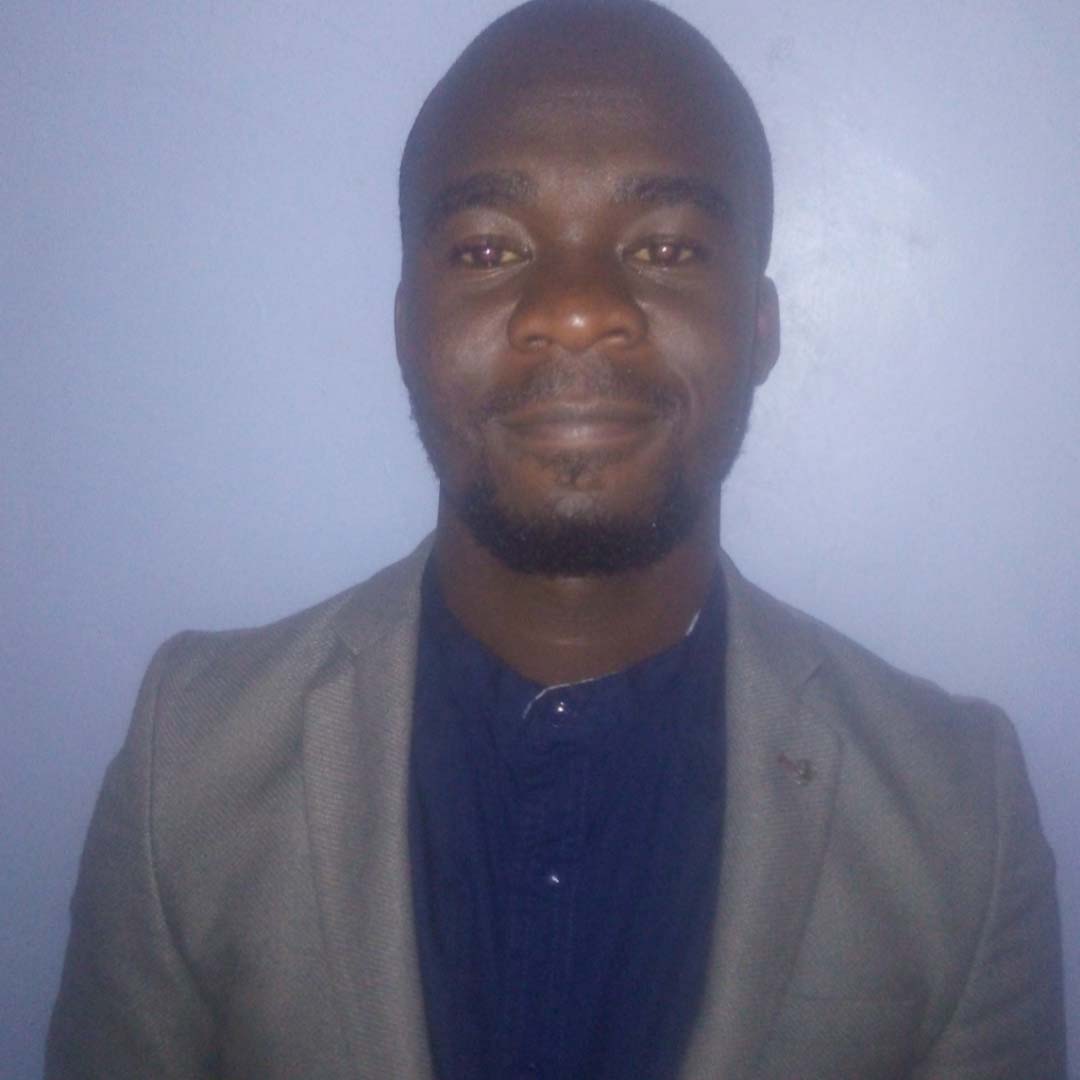 Urban Development Specialist, Eco-Build Africa (Kenya)
Urban Development Specialist, Eco-Build Africa (Kenya)Boniface Abudho Urban Development Specialist, Eco-Build Africa (Kenya)
Boniface is an experienced urban sustainability enthusiast who is passionate about creating sustainable, pollution-free urban mobility mechanisms by promoting Non-Motorised Transport (NMT) in cities. He has worked on several urban development projects around Africa including participating in creating building codes for Malawi, and leading the preparation of Integrated Urban Development Plans for several towns in Kenya. He is currently part of the team leading the Konza Techno-City Master Plan Review. Trained in Urban and Regional Planning and Environmental Conservation, Boniface works for Eco-Build Africa (Kenya) as an Urban Development Specialist.
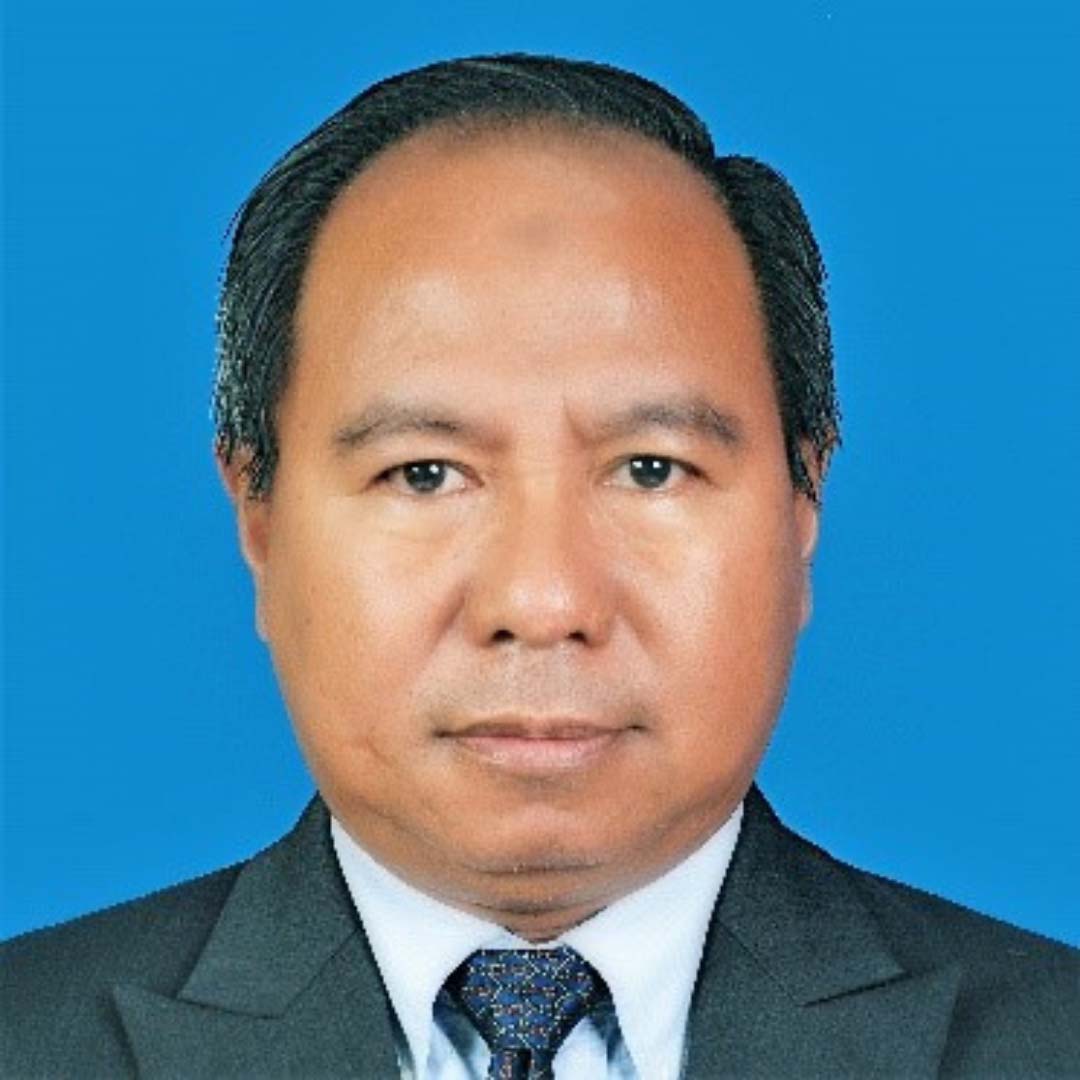 Indonesian Director, Conservation Strategy Fund (CSF)
Indonesian Director, Conservation Strategy Fund (CSF)Mubariq Ahmad Indonesian Director, Conservation Strategy Fund (CSF)
MUBARIQ AHMAD is Country Director of Conservation Strategy Fund/CSF-Indonesia, the organization that builds capacity of community of change makers inside and outside government agencies in policy analysis and design from sustainability economics and governance. Mubariq holds a Ph.D. in Natural Resources and Environmental Economics (Michigan State University,1997), MA in International Trade and Finance (Economics Department, Columbia University, New York, 1990), and BA in Economics (University of Indonesia, 1985). Mubariq is also teaching at the Faculty of Economics and the School of the Environment, University of Indonesia.
Prior to joining CSF Indonesia, Mubariq worked as Senior Environmental Economist with the World Bank Indonesia Office during 2010-2015 and was jointly assigned to lead the Strategy Working Group at Indonesia’s REDD+ Task Force. He had also worked as Executive Director of WWF Indonesia in 2003-2009 and Executive Director of Indonesian Ecolabelling Institute in 1997-2000. He served as member of Steering Committee of The Forest Dialogue under the auspices of WBCSD/Yale University in 2000-2008, and member of WEF Council on Ecosystem and Biodiversity in 2008-2010. Mubariq has also served in international editorial board of Elsevier’s Journal of Forest Policy and Economics since 2000.
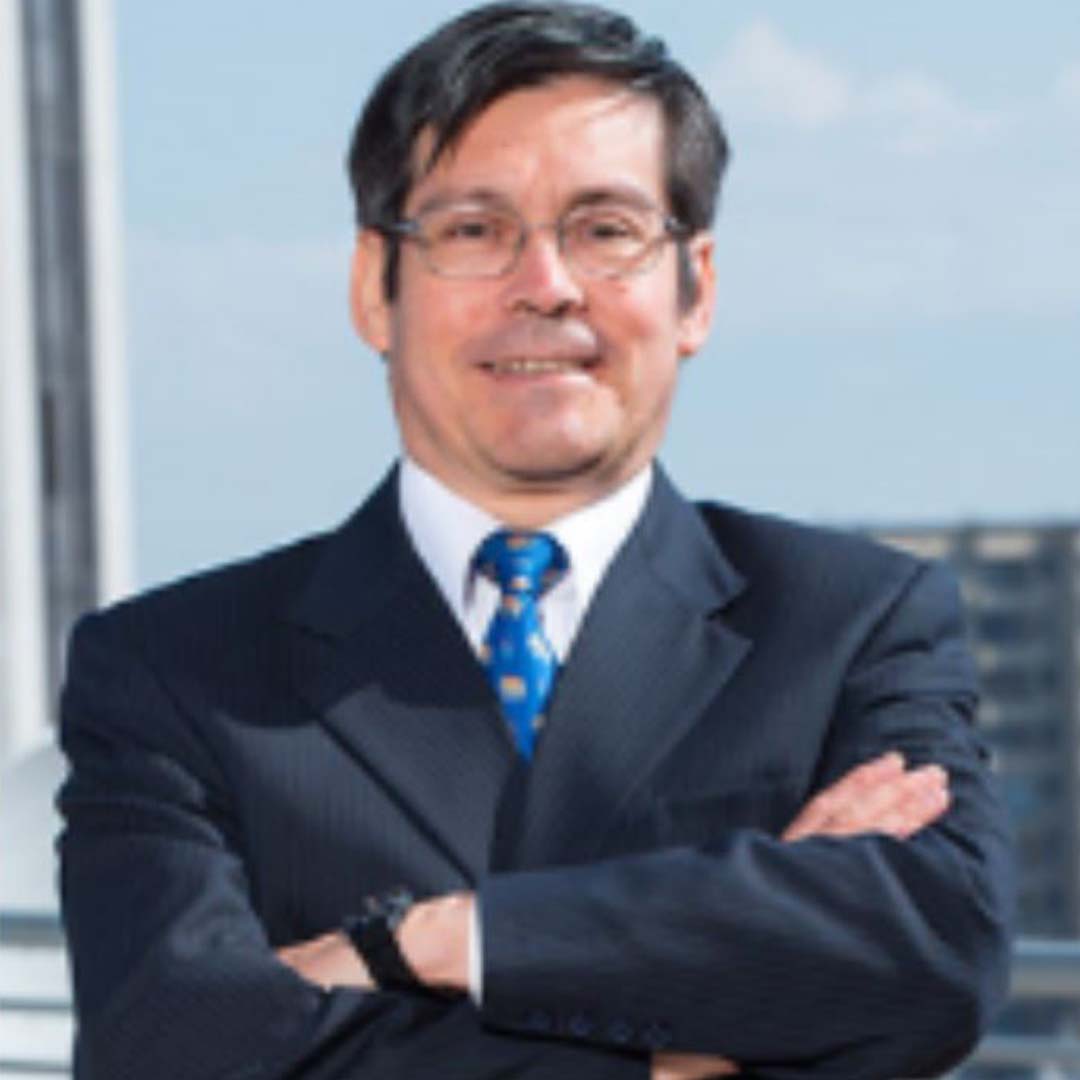 Director of Planning and Development, Coordinador Eléctrico Nacional
Director of Planning and Development, Coordinador Eléctrico NacionalJuan Carlos Araneda Director of Planning and Development, Coordinador Eléctrico Nacional
Juan Carlos Araneda is currently Deputy Planning Manager at Coordinador Eléctrico Nacional (CEN). He has 37 years of professional experience in the Chilean electricity system and market. He has worked in electricity distribution and generation companies, and the transmission company Transelec for 20 years, where he held the position of System Development Manager. In 2015 he moved to the system operator of the Northern System as Director of Planning and Development. Since 2017 he joined CEN, the independent system operator created with the interconnection of the Northern and Central Interconnected Systems, where he was the Transmission Planning Manager.
He has specialized in the regulation and planning of electricity transmission systems. He has publications in IEEE and CIGRE and he is also an invited lecturer in postgraduate programs of Universidad de Chile and Universidad Técnica Federico Santa María.
He is Senior Member of IEEE and member of CIGRE. Director of the Board and former President (2015-2019) of CIGRE Chilean National Committee. Chilean representative in Study Committee C1 (Power System Development and Economics), and member of C1 Strategic Advisory Group. He is CIGRE Chile’s representative at GEIDCO and co-chairperson of GEIDCO Latin American Committee.
He holds a degree in Electrical Engineering from Universidad Técnica Federico Santa María, Chile (1983) and a Master of Philosophy in Electrical Engineering from University of Manchester Institute of Science and Technology (former UMIST), UK (2002).
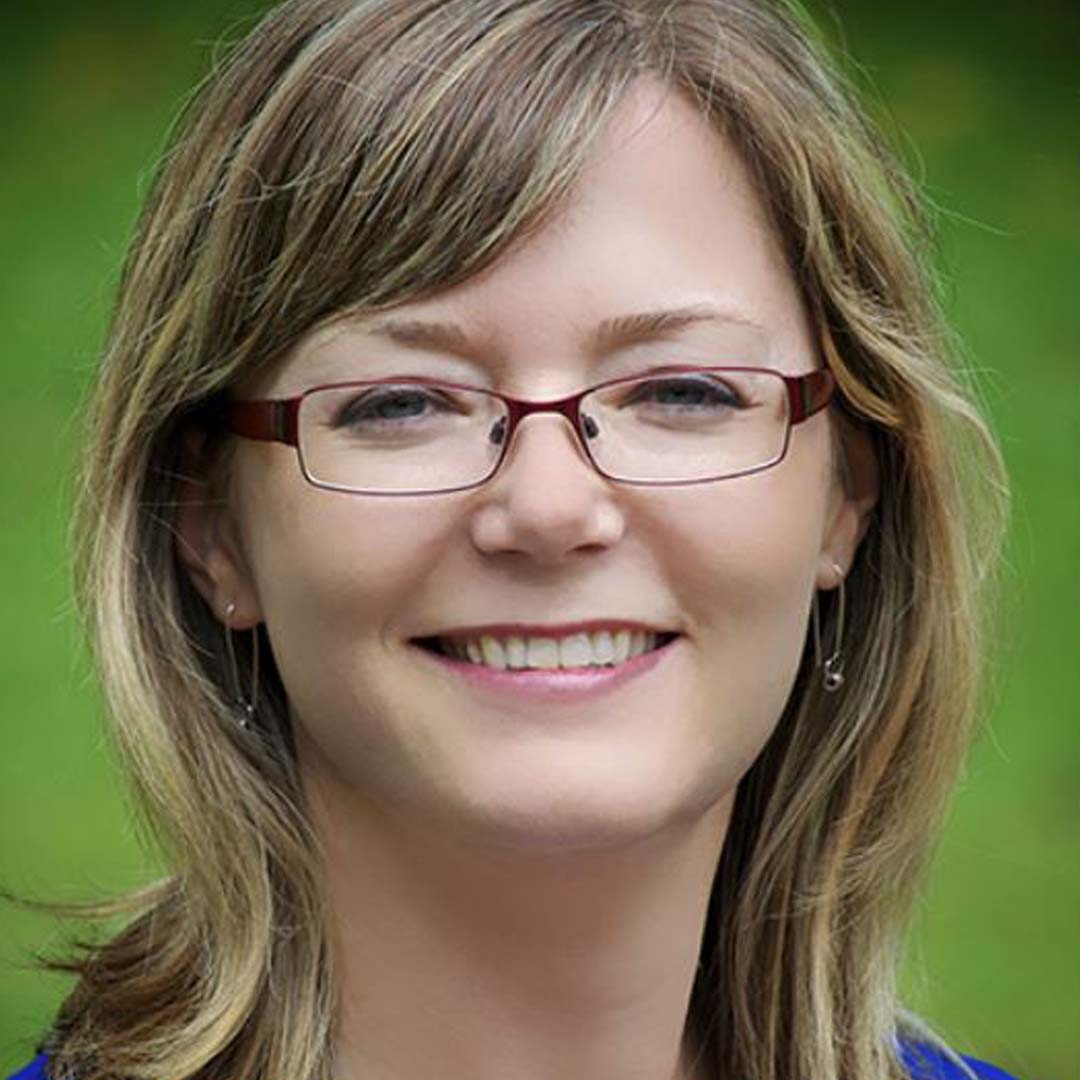 Head of International and Country Context, ClimateWorks Australia
Head of International and Country Context, ClimateWorks AustraliaMeg Argyriou Head of International and Country Context, ClimateWorks Australia
Meg leads ClimateWorks’ international programs, with a focus on Southeast Asia and the Pacific Islands. This includes efforts to identify and catalyse opportunities for low carbon industrial development in Southeast Asian economies, to develop long term sectoral transition roadmaps, and to redirect finance flows to align with the goals of the Paris Agreement and Agenda for Sustainable Development 2030. She also brings extensive experience in convening public and private stakeholders to develop ambitious low carbon growth plans in some of Australia’s most emissions intensive regions.
She recently led the development of the Investment Vision Guide, a framework designed to complement and build on efforts by developing countries to articulate their long-term, low emissions development strategy under the Paris Agreement. It does this by helping governments to identify how to align policy and investment signals today with their long term decarbonisation goals.
Her growing team, based across offices in Jakarta and Melbourne, is currently developing work programs focused on green recovery in ASEAN, sustainable finance and clean energy transitions in Indonesia and net zero pathways in the Kingdom of Tonga.
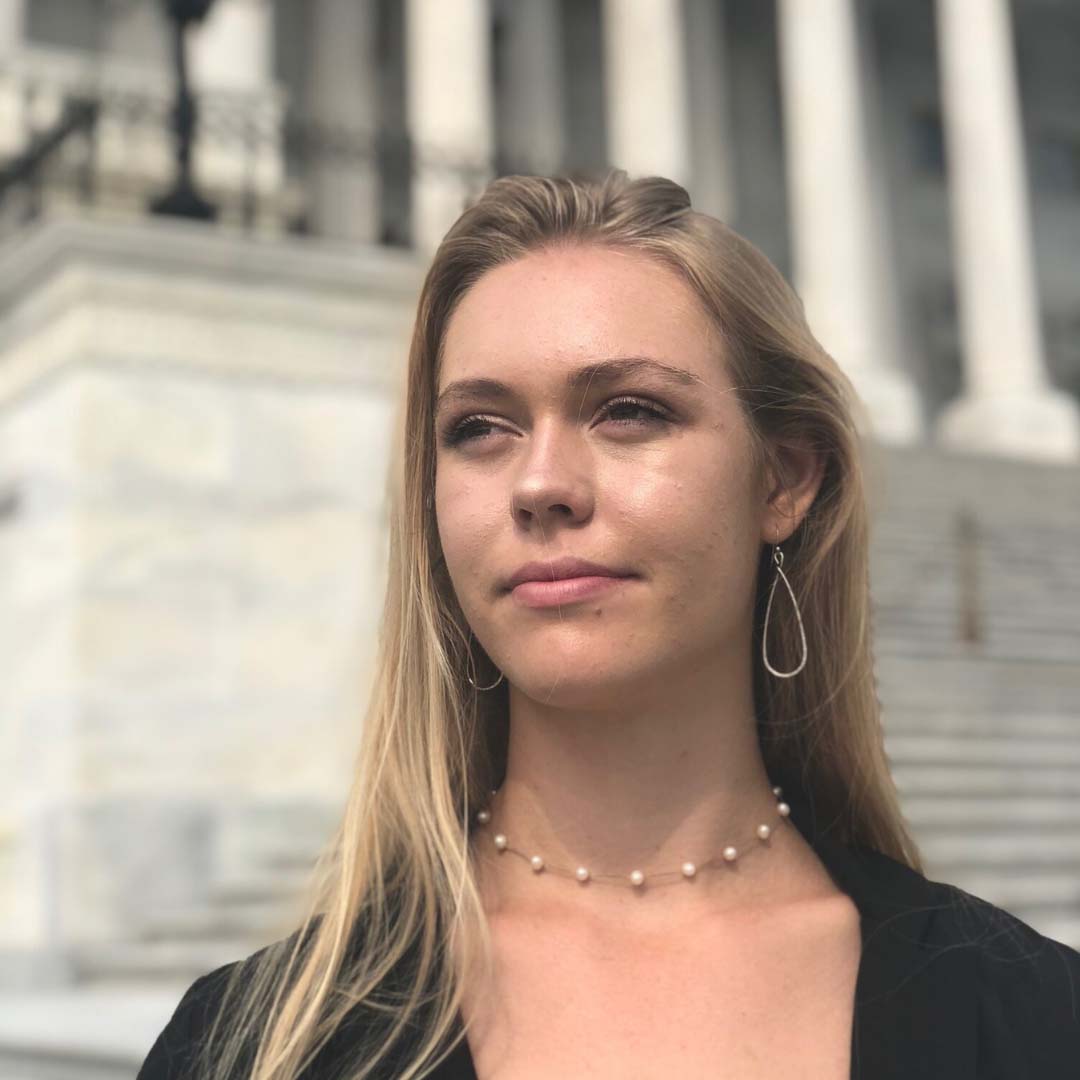 Youth Council Member, Earth Guardians
Youth Council Member, Earth GuardiansMarlow Baines Youth Council Member, Earth Guardians
Drawing upon her five years of experience with Earth Guardians, Marlow Baines (she/hers) weaves together the narrative of why every voice matters in creating a more regenerative world. Through Marlow’s efforts to elevate the voices of her peers, youth leaders across the globe, and after a long, coordinated effort by Earth Guardians Youth Council members to engage in anti-racism work, the organization took a giant leap forward in 2021, evolving from a US based nonprofit organization to a truly international and global NGO. As Youth Director, Marlow helped implement the vision of the Earth Guardians Youth Council and the youth leadership role within the organization.
Marlow embodies grace and is articulate and powerful when she speaks about her experience within climate justice organizing and environmental activist and nonprofit spaces. She speaks about her practice of allyship, and what it means to be a co-conspirator, working intergenerationally and interracially to dismantle white supremacy and systemic racism within ourselves and the world. Marlow brings to the stage a wisdom and a degree of emotional intelligence uncommon for speakers her age, which can be experienced and felt by her audience.
As a speaker and leader, Marlow planned and presented youth programming at conferences led by major players in the climate and justice spaces, including 1% for the Planet, Bioneers, Earth’s Call, Earth X, Planet Home, VERGE 2019, and many others. Patagonia featured Marlow’s work alongside that of 18 other youth climate activists in their 2019 “Facing Extinction” campaign, which aimed to raise awareness about the youth climate strikes. In 2020, Marlow self-published her first book of poetry, “Little Black Book: A Young Activist’s Love Story” available now on Lulu and Amazon.
 Co-founder and Chief Executive Officer of the Youth Sustainable Development Network
Co-founder and Chief Executive Officer of the Youth Sustainable Development NetworkDamilola Hamid Balogun Co-founder and Chief Executive Officer of the Youth Sustainable Development Network
Damilola Hamid Balogun is a young social entrepreneur and International Development Consultant. He is a purpose driven and goal oriented individual with hallmark records in Sustainable Development Leadership, Diplomatic Negotiations and Social Impact Challenge Ventures of the United Nations and its Affiliates.
Damilola is a co-founder and Chief Executive Officer of the Youth Sustainable Development Network, a platform that works with change-makers and youth across the globe to foster an enabling environment that leads to a sustainable and resilient future by 2030. Since existence, the YSDN has been able to impact 1500 youths across 25 countries with youth at the forefront leading real life impact projects.
In recognition of Damilola’s work in International Development, he was appointed a coordinator of the Dangote PLC Sustainability Staff project in 2019.
Damilola has also been featured on several Television and Radio Stations in Nigeria and in Africa such as Silverbird TV, Television Continental, PlusTv Africa, Channels TV amongst others and has served as guest speaker at several international conferences speaking on issues of Sustainable Development Leadership, Youth Development and inspiring real-life action and impact.
He also serves on the Advisory Board of Génération Maastricht a fast growing youth think tanks (apolitical and non-partisan) in Europe, with the objective of serving as a voice for European youth.
Damilola is currently a Youth Advocate at the UNICEF NIGERIA.
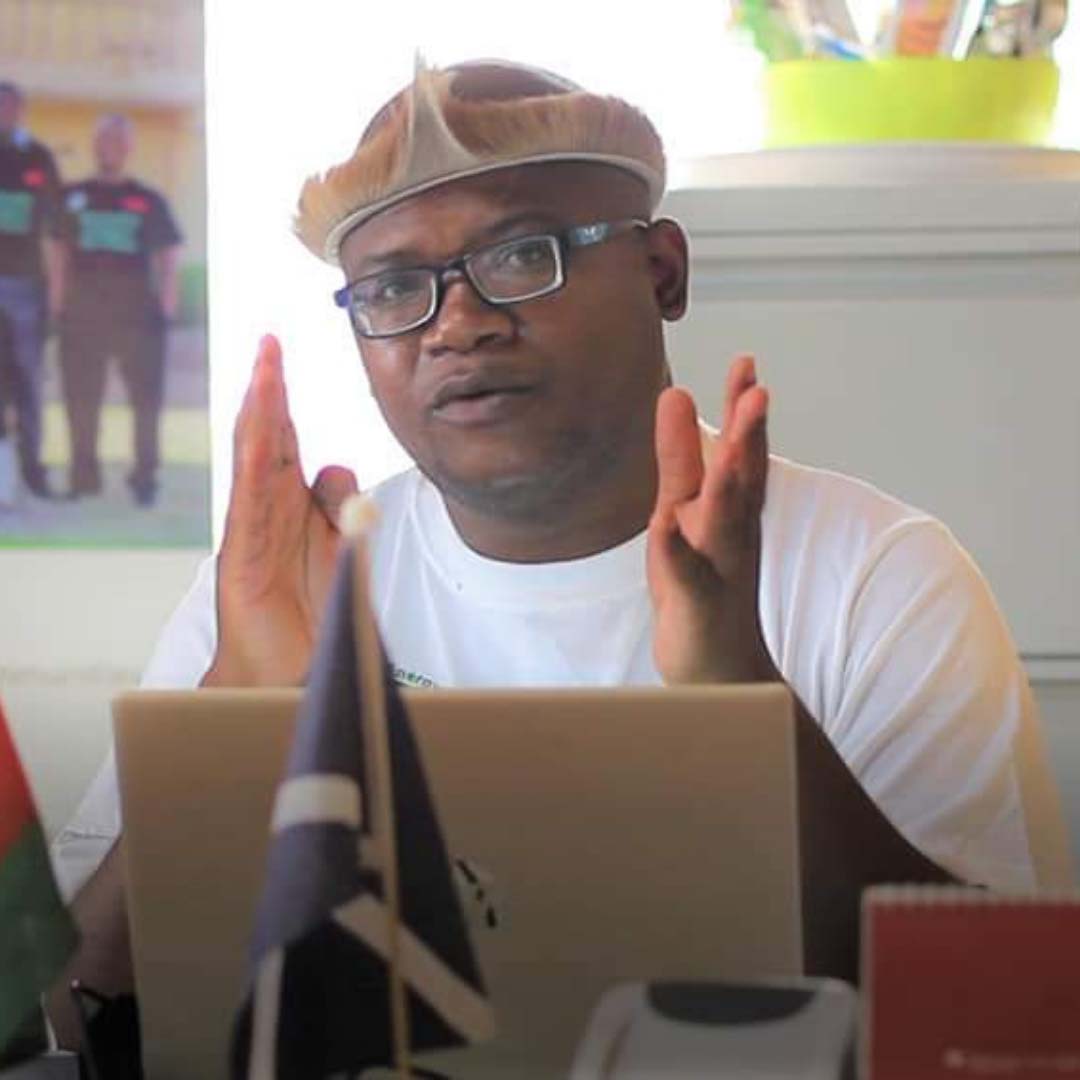 Director of Community Energy Malawi, Malawi
Director of Community Energy Malawi, MalawiEdgar Kapiza Bayani Director of Community Energy Malawi, Malawi
Edgar Kapiza Bayani is a renewable energy entrepreneur, Climate Justice advocate and founding CEO for Community Energy Malawi (CEM) where he works as Country Director. He coordinates finance and programmes departments through efficient utilization of resources and innovating new approaches and projects. CEM is a Malawi Energy Regulatory Authority (MERA) licensed mini-grid operator and renewable energy technologies supplier/installer, community energy policy advocate and developer with trail blazing initiatives in Malawi. It is registered as an NGO with a subsidiary social enterprise, CEM Trading Ltd and works with individuals, communities and organizations passionate about renewable energy in a social enterprise model, both implementing projects and influencing policy.
Edgar holds MA Int. Dev. from Maynooth University, Ireland and his research dwelt on Gender Aware Energy Policy. He is a Common Wealth Fellow in Climate Resilience and Sustainable Energy (University of Edinburgh, Scotland). He has received energy trainings from University of Mzuzu, University of Strathclyde andRES4Africa Foundation. He is an active IEEE member, Power and Energy Society Member and International Village Programme Ambassador. He was a speaker at the COP 22EU energy day and constantly advocates for making climate financing readily available to vulnerable communities who contribute less and yet suffer the blunt of climate change more than those who pollute more.
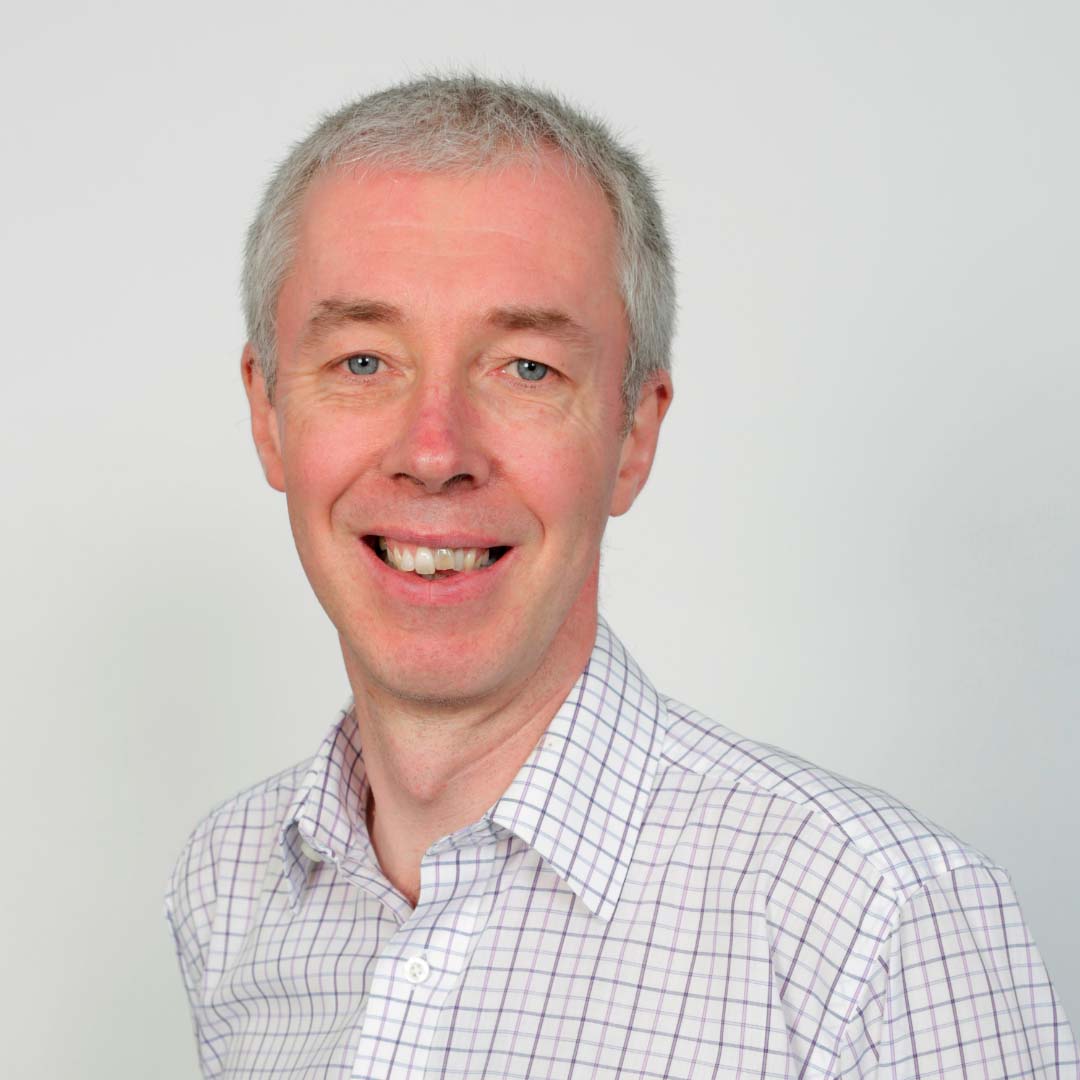 UKERC Co-Director, University of Strathclyde
UKERC Co-Director, University of StrathclydeKeith Bell UKERC Co-Director, University of Strathclyde
Keith Bell is a member of the UK’s Climate Change Committee, a Chartered Engineer and a Fellow of the Royal Society of Edinburgh. He holds the Scottish Power Chair in Smart Grids at the University of Strathclyde. He joined the University in 2005 having previously worked as an electrical engineering researcher in Bath, Manchester and Naples, and as a system development engineer in the electricity supply industry in England. He is a co-Director of the UK Energy Research Centre, is involved in CIGRE, the International Council of Large Electric Systems, and has advised the Scottish, UK and Irish governments and the UK’s office of gas and electricity markets, Ofgem, on electrical energy and power systems issues.
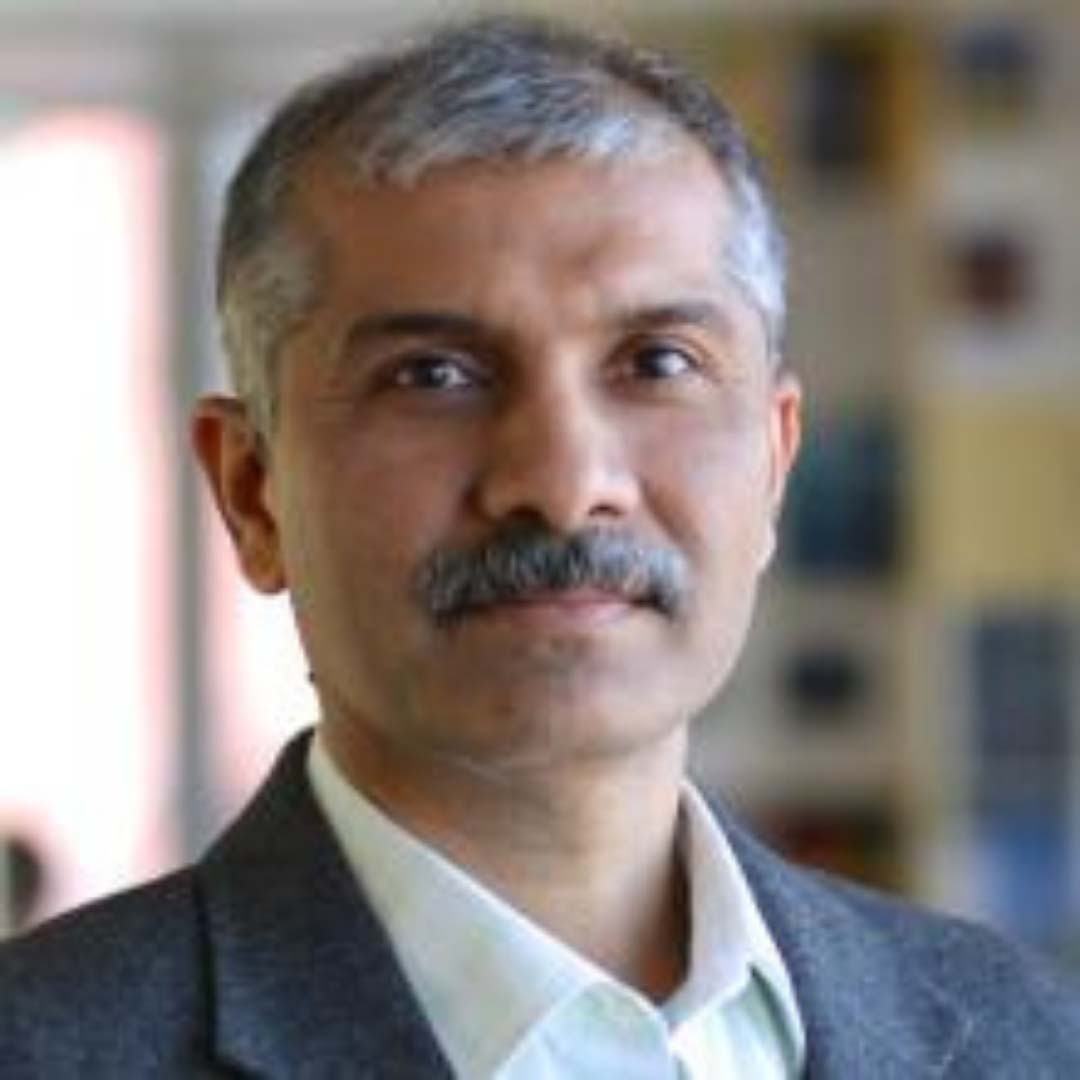 Deputy Director of WRI’s Climate Program and Director of GHG Protocol
Deputy Director of WRI’s Climate Program and Director of GHG ProtocolPankaj Bhatia Deputy Director of WRI’s Climate Program and Director of GHG Protocol
Pankaj Bhatia is the Deputy Director of WRI’s Climate Program and Director of GHG Protocol. As Deputy Director, he helps manage one of WRI’s largest programs and oversees the TRAC Signature Initiative as well as the GHG Protocol. In addition, Pankaj is one of the leading experts and authority on the GHG Protocol standards and tools, particularly in the areas of corporate, scope 3, mitigation action, and city accounting.
He launched and led the three-year global process that involved more than 2,300 stakeholders to develop the new GHG Protocol Scope 3 and Product Standard released in October 2011. He led GHG Protocol teams to develop new global standards for mitigation goals, policies and actions, the agriculture sector and cities, and to implement new GHG programs in key major economies including China, India and Brazil.
From 1998 to 2000, he was Vice President of Tata Energy & Resources Institute, a not-for-profit research organization based in Arlington, Virginia and affiliated to The Energy & Resources Institute (TERI), New Delhi, India.
From 1993 to 1998 he served TERI, New Delhi on various projects related to implementation of the Montreal Protocol in India and development of environment policy for technology transfer and capacity building in Indian industry.
He holds a Master in process engineering from the Indian Institute of Technology, Delhi and a Bachelors in chemical engineering from the Institute of Technology, Banares Hindu University, Varanasi, India.
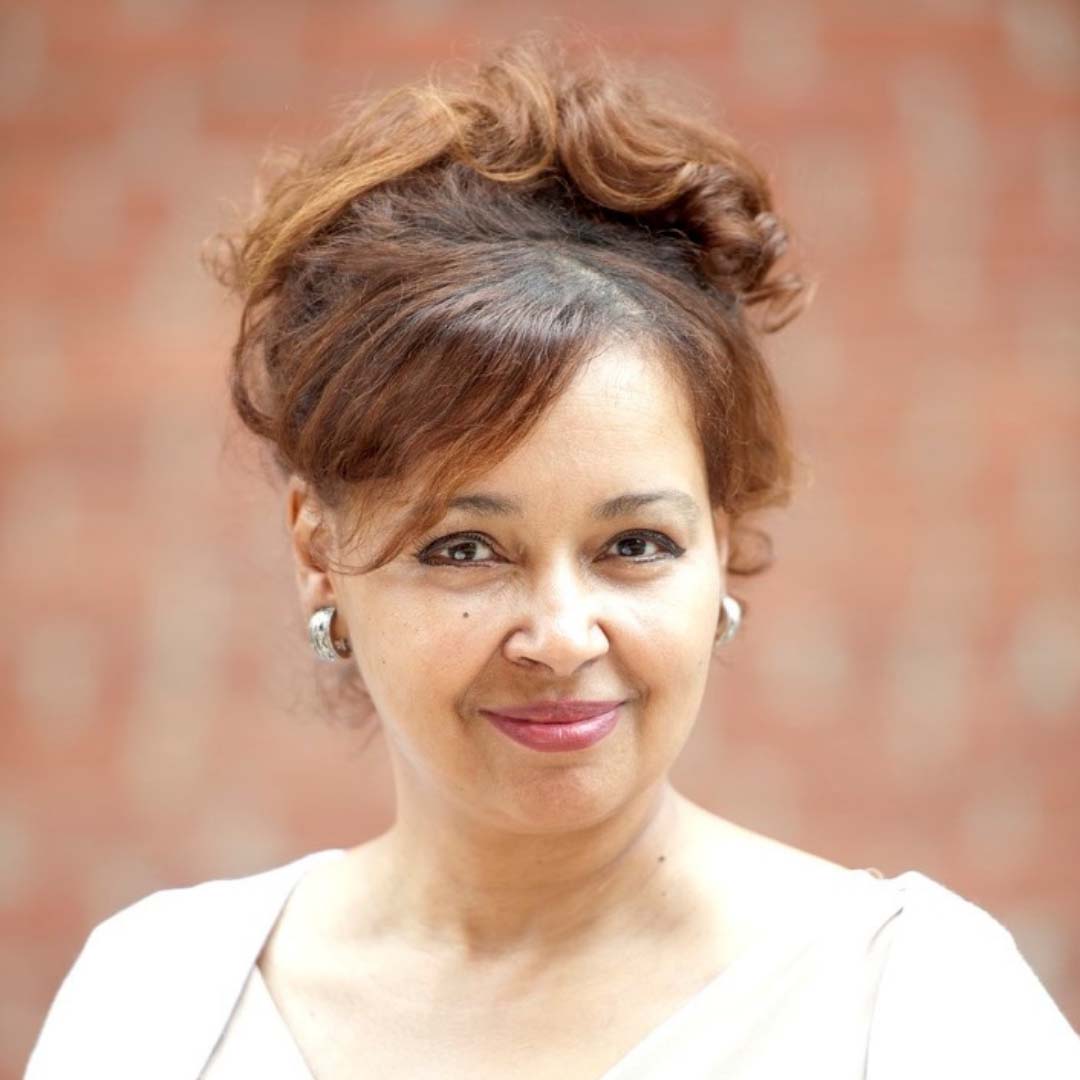 Associate Professor in the School of Education at Howard University
Associate Professor in the School of Education at Howard UniversityHelen Bond Associate Professor in the School of Education at Howard University
Dr. Helen Bond is an Associate Professor in the School of Education at Howard University in Washington, DC. She is a Fulbright-Nehru Scholar to India, Liaison to the Center for African Studies, and a founding member of the Center for Women, Gender, & Global Leadership at Howard University. She is also the former Director of the Center for Excellence in Teaching, Learning and Assessment. Dr. Bond holds a Ph.D. in Human Development and co-chairs SDSN USA, along with a special working group on sustainability and justice. She served as a Research Fellow at the Georg Eckert Institute (GEI) for International Textbook Research in Braunschweig, Germany where she is researching the role of textbooks as instruments of peace instead of conflict. With a deep commitment to human rights, she served as a West Virginia Human Rights Commissioner confirmed by the State Senate and as a Holocaust Institute for Teacher Education (HITE) Fellow with the United States Holocaust Memorial Museum. She has lectured in over 20 countries including Austria, Bangladesh, Cuba, England, Ethiopia, France, Germany, Ghana, India, Liberia, South Africa, South Korea and United States. Dr. Bond was inducted in the 2020 Alumni Hall of Fame by The Ohio State University-Mansfield for her work in education and human development.
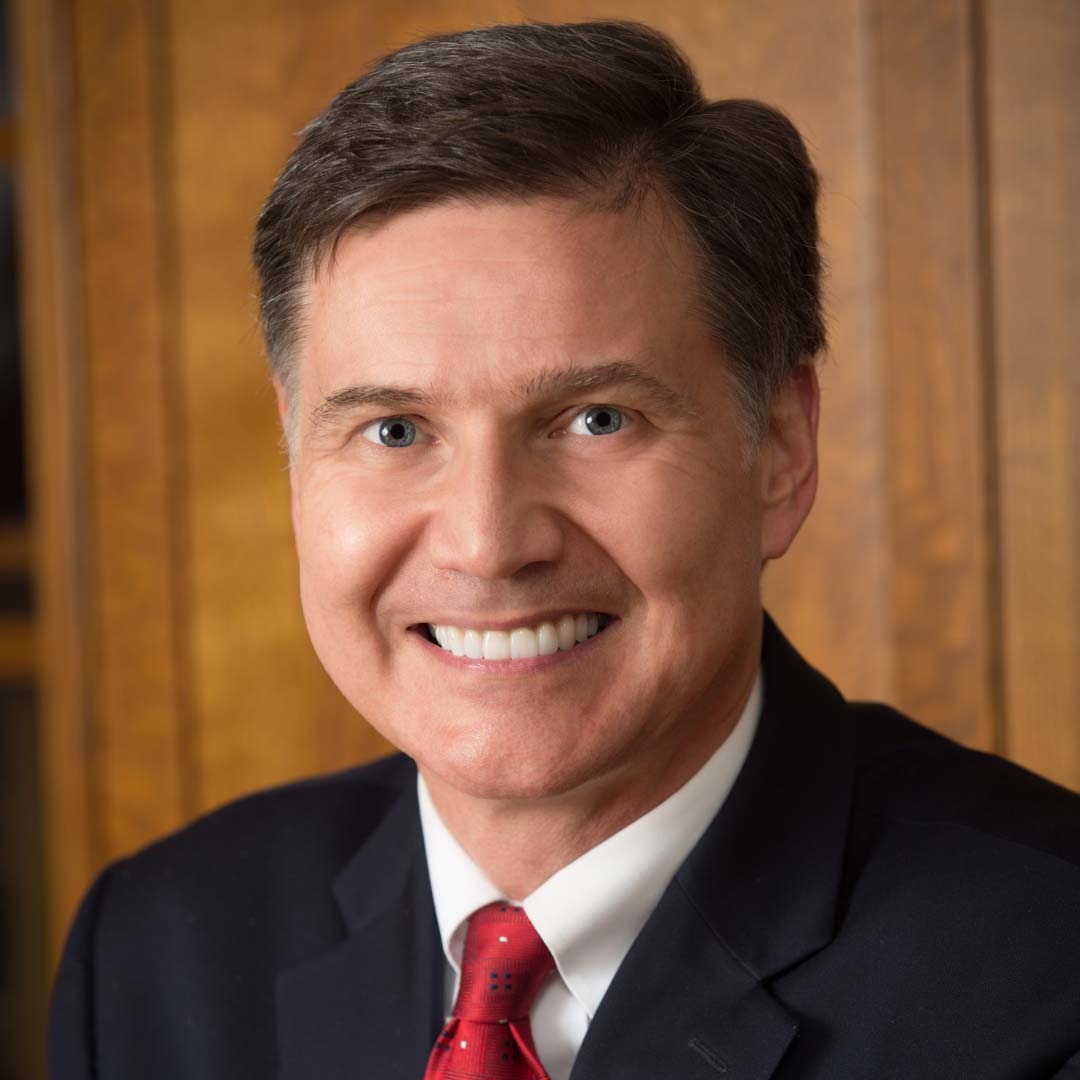 Hillhouse Professor of Environmental Law and Policy, jointly with Yale Law School; Director of the Center for Environmental Law and Policy
Hillhouse Professor of Environmental Law and Policy, jointly with Yale Law School; Director of the Center for Environmental Law and PolicyDan Esty Hillhouse Professor of Environmental Law and Policy, jointly with Yale Law School; Director of the Center for Environmental Law and Policy
Dan Esty is the Hillhouse Professor at Yale University with appointments in both the Law and Environment Schools – and director of the Yale Center for Environmental Law and Policy (www.yale.edu/envirocenter) and co-director of the Yale Initiative on Sustainable Finance. Professor Esty has written or edited fourteen books (including the prizewinning volumes Green to Gold and A Better Planet) and dozens of articles on environmental protection, regulatory reform, and sustainability – and their connections to corporate strategy, competitiveness, and trade. He served in various leadership roles at the U.S. Environmental Protection Agency from 1989 - 93 and as Commissioner of Connecticut’s Department of Energy and Environmental Protection from 2011- 14.
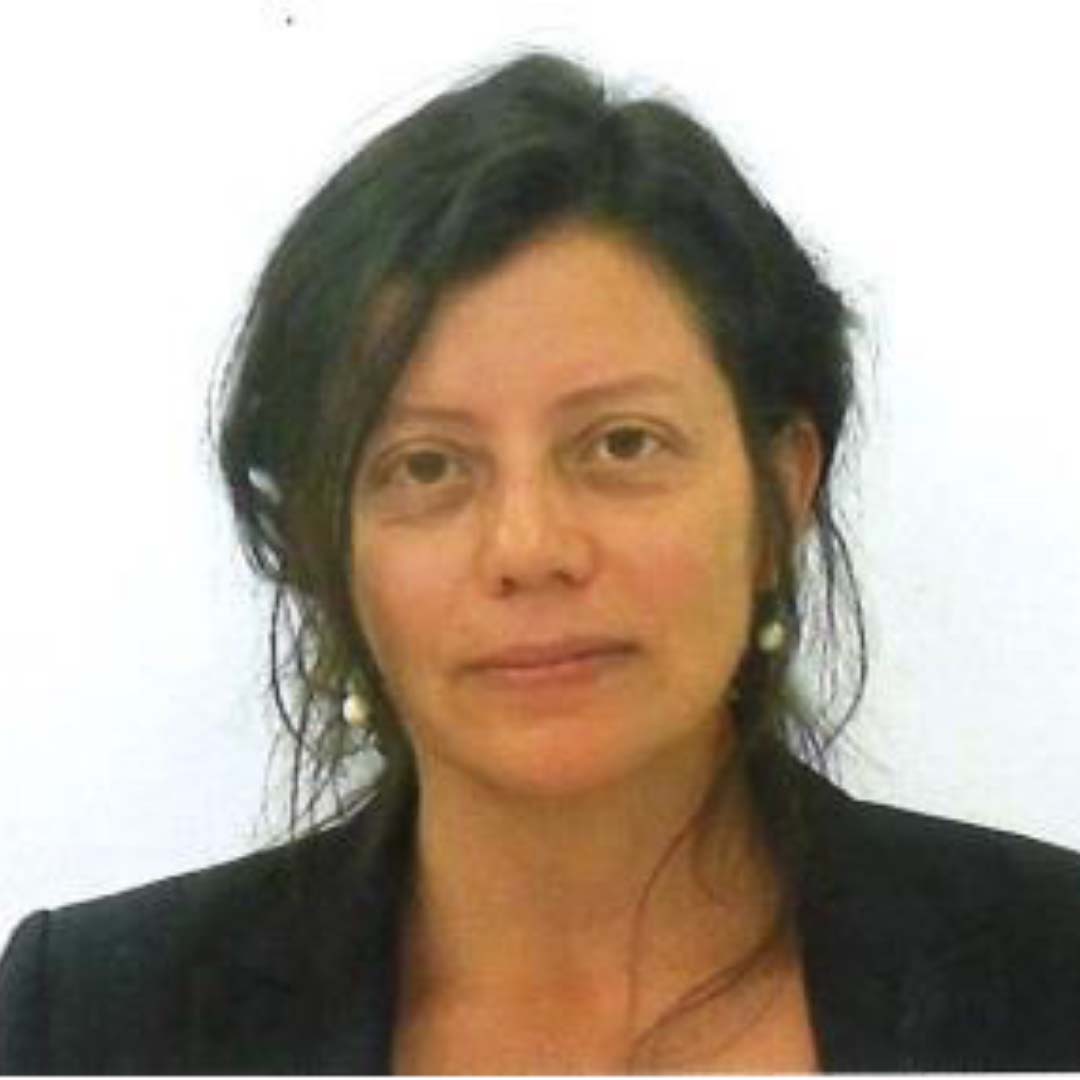 Research Fellow, AOSIS and University of Melbourne
Research Fellow, AOSIS and University of MelbourneJanine Felson Research Fellow, AOSIS and University of Melbourne
Janine Felson is an Ambassador of Belize and an advisor to the Alliance of Small Island States and the Caribbean Community on climate and ocean matters. For over twenty years, she has been a leading voice for small island developing states in key negotiations including the 2030 Agenda for Sustainable Development, the Paris Agreement and the intergovernmental conference for a new high seas treaty on marine biological diversity. She has served as an expert on and facilitator for several UN bodies in the fields of human rights, international law, and climate change, and, was recently a member of the Board of the Green Climate Fund. Janine is concurrently an Enterprise Fellow with the Melbourne Sustainable Society Institute where she is focused on integrated approaches to global policy making on climate, oceans and sustainable development.
 Director of Finance, Zero Hour
Director of Finance, Zero HourDiana Fernandez Director of Finance, Zero Hour
Diana Fernandez - Director of Finance, This is Zero Hour. Diana is as a compassionate advocate for environmental justice and equity. She serves as Director of Finance for the international climate organization, This is Zero Hour. As both a student and an activist, Diana is passionate about her study of political science and American law and government, and hopes to pursue a career in advocacy and public office. Generation Z is Bringing BIPOC Representation to Climate Activism
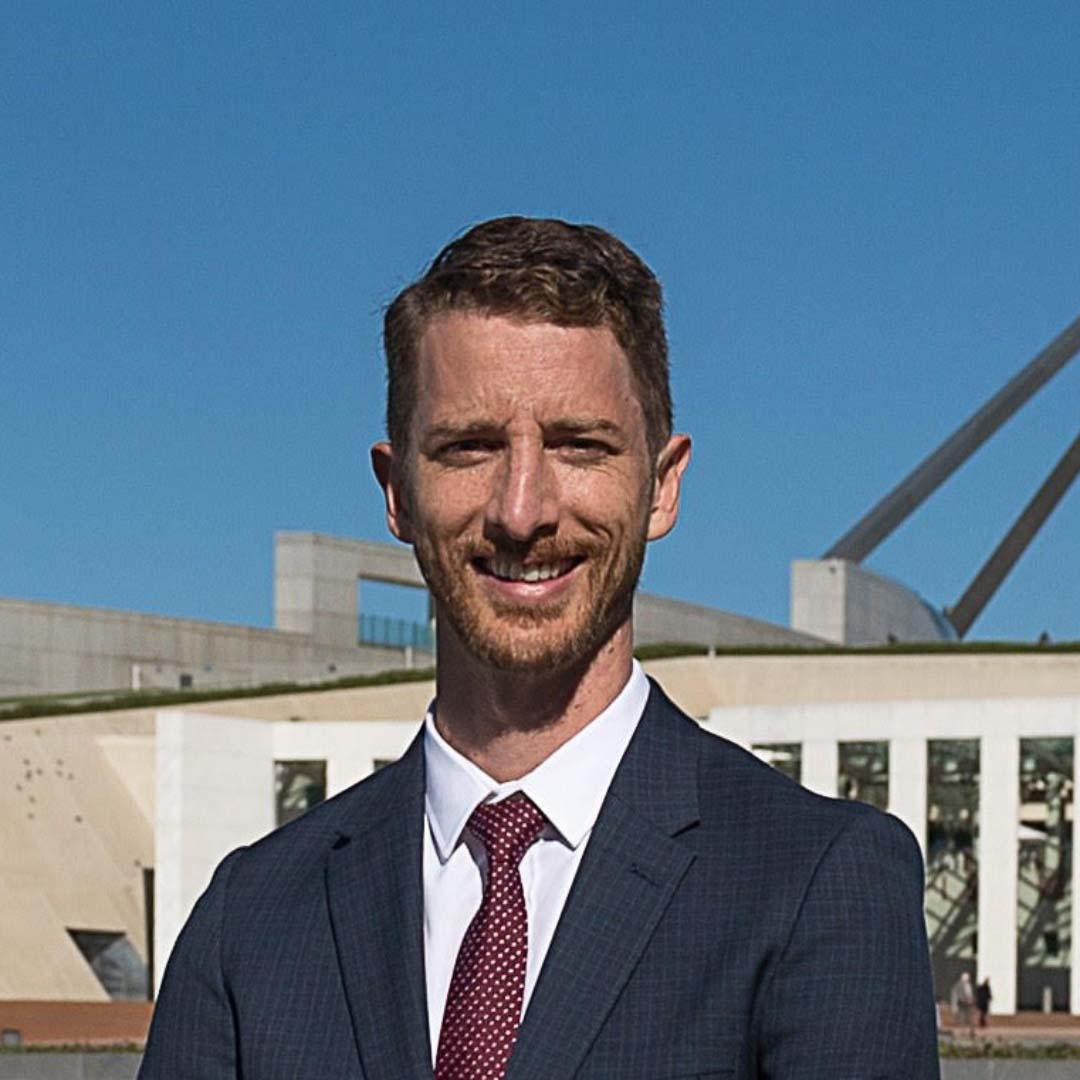 Program Director, Monash, Net Zero Initiative
Program Director, Monash, Net Zero InitiativeScott Ferraro Program Director, Monash, Net Zero Initiative
Scott Ferraro is a leader in net zero-emission strategy development and implementation, with a deep understanding of the opportunities to reduce emissions across the energy, transport and buildings sectors. Currently, Scott and his team are focused on transitioning Monash’s Australian operations to net zero emissions by 2030. The program aims to find translatable solutions to enable the broader transition to net-zero emissions required under the Paris Agreement.
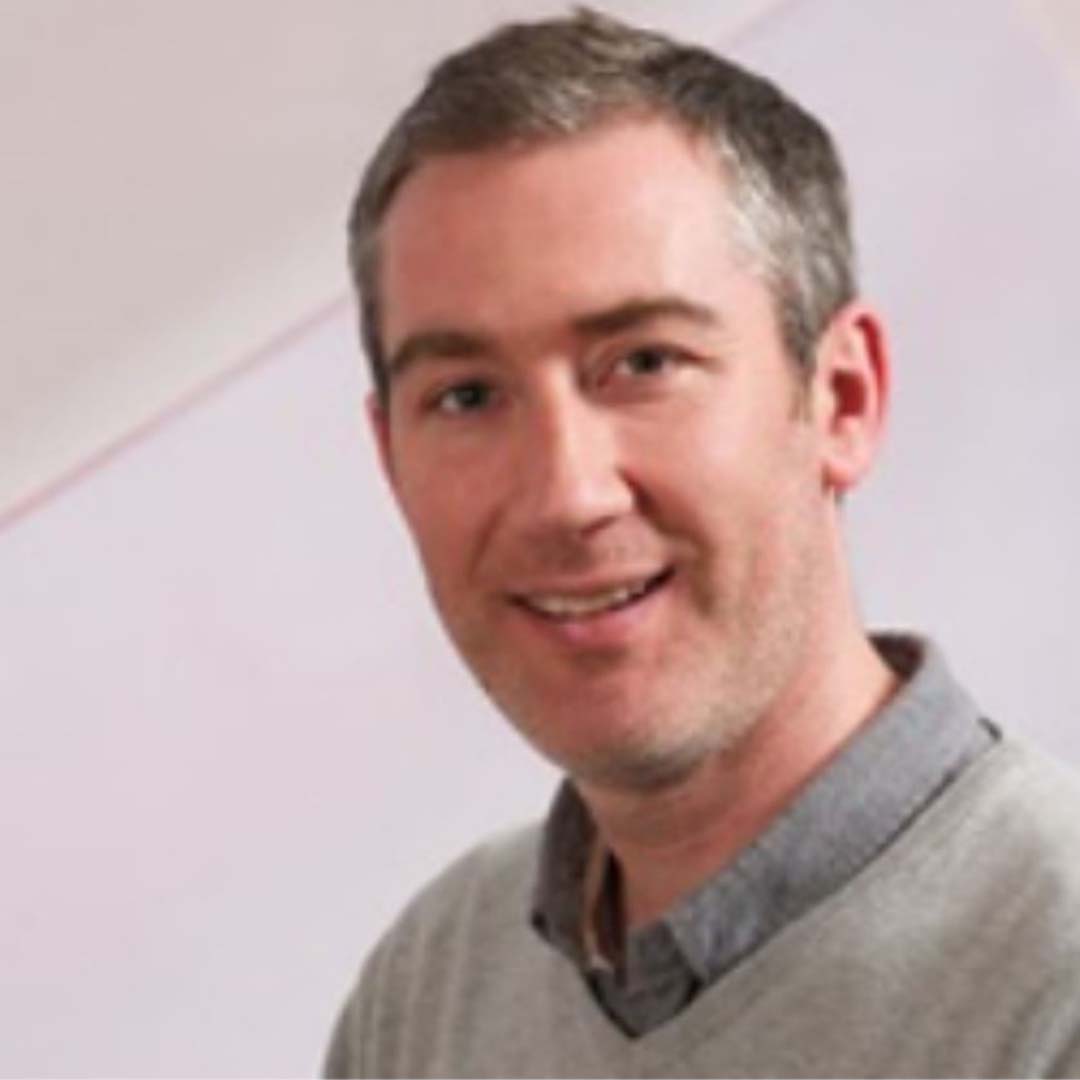 Research Fellow, University of Strathclyde
Research Fellow, University of StrathclydeDamien Frame Research Fellow, University of Strathclyde
Damien Frame is a Research Fellow in the Institute for Energy and Environment at the University of Strathclyde. He has over 12 years experience working across a range of research and knowledge exchange projects with partners in East African countries. He is currently lead researcher and project manager for the Rural Energy Access through Social Enterprise and Decentralisation (EASE) project in Malawi – collaborating with local partners to deploy innovative off-grid energy access solutions.
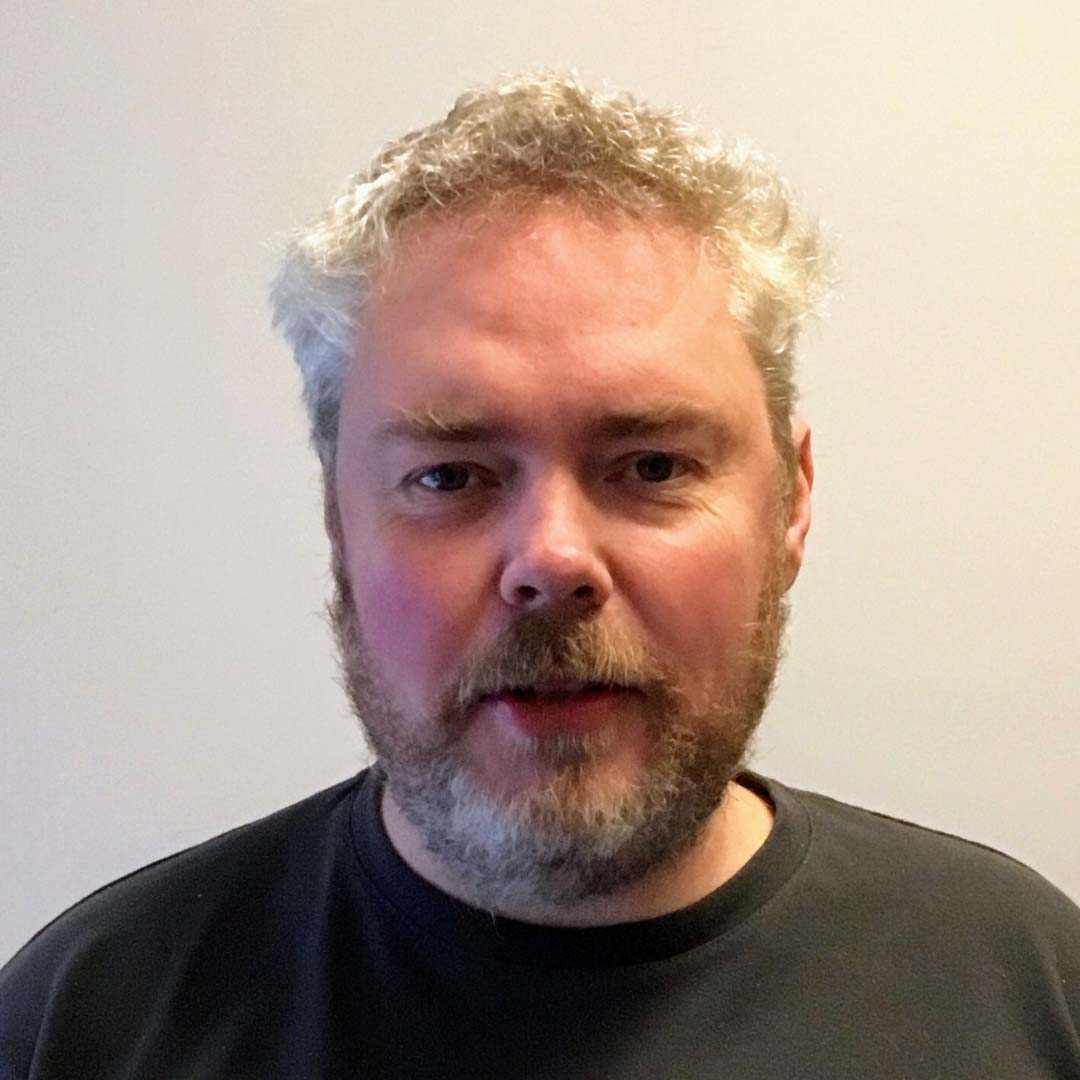 Professor of Compact Electrical Systems in the Department of Electronic and Electrical Engineering at the University of Strathclyde
Professor of Compact Electrical Systems in the Department of Electronic and Electrical Engineering at the University of StrathclydeStuart Galloway Professor of Compact Electrical Systems in the Department of Electronic and Electrical Engineering at the University of Strathclyde
Stuart Galloway is Professor of Compact Electrical Systems in the Department of Electronic and Electrical Engineering at the University of Strathclyde. His research interests include the modelling of novel electrical power systems in main and off-grid applications, heat-transport-energy connectivity, and embedded optimisation. This work is supported by both industry, and UK & EU publicly funded programmes. He is a Directorate member of the ClimateXChange in Edinburgh that is connecting climate change researchers with Scottish policy makers. Invited member of the Scottish Government expert panels advising on delivery of Scottish community demonstrator projects.
He leads the Scottish Government funded EASE project that is enabling sustainable business models centred around productive uses of energy. He was technical programme lead on the FCDO funded MECS programme that is accelerating the uptake of low carbon cooking solutions.
Based on my experience with managing off-grid energy projects in Africa I was appointed as the inaugural co-chair of the Scotland Malawi Partnership’s Energy Forum. Member of the strategic advisory board for the EPSRC JUICE (Joint UK-India Clean Energy) Centre that focuses on deployment solutions for energy decarbonisation and the built environment in both countries.
Editor-in- Chief for the IET journal in Electrical Systems for Transportation and associated editor for IET Generation Transmission and Distribution.
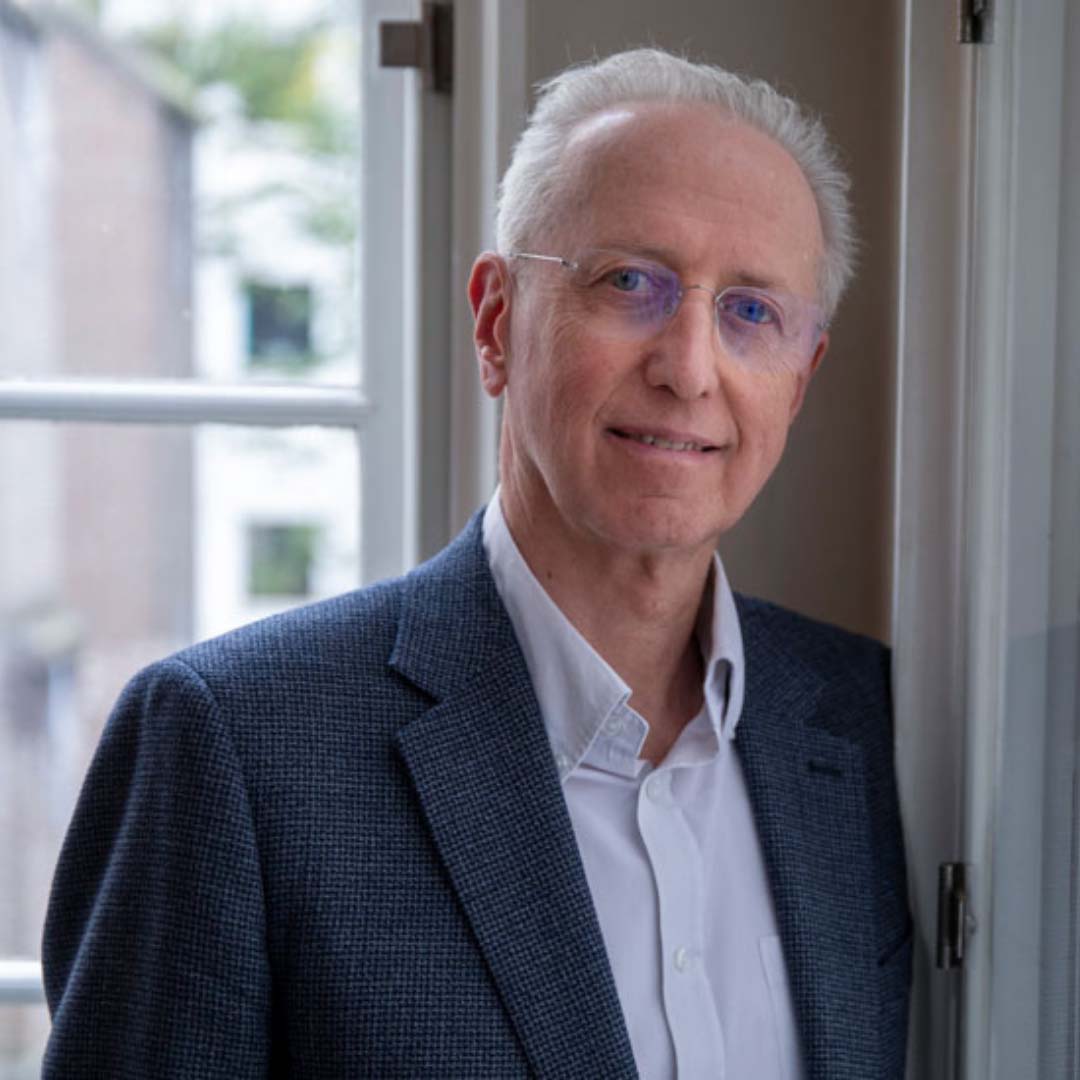 Co-Chair, Lancet Pathfinder Commission on Health in the Zero-carbon Economy
Co-Chair, Lancet Pathfinder Commission on Health in the Zero-carbon EconomyAndy Haines Co-Chair, Lancet Pathfinder Commission on Health in the Zero-carbon Economy
Andy Haines was formerly a primary care physician and Professor of Primary Health Care at UCL. He developed an interest in climate change and health in the 1990’s and was a member of the Intergovernmental Panel on Climate Change for the 2nd and 3rd assessment exercises and review editor for the health chapter in the 5th assessment. He was Director (formerly Dean) of the London School of Hygiene & Tropical Medicine from 2001- October 2010. He chaired the Scientific Advisory Panel for the 2013 WHO World Health Report, the Rockefeller /Lancet Commission on Planetary Health (2014-15) and the European Academies Science Advisory Council working group on climate change and health (2018-19). He currently co-chairs the InterAcademy Partnership (140 science academies worldwide) working group on climate change and health and is also co-chairing the Lancet Pathfinder Commission on health in the zero-carbon economy. He has published many papers on topics such as the effects of environmental change on health and the health co-benefits of low carbon policies. His current research focuses on climate change mitigation, sustainable healthy food systems and complex urban systems for sustainability.
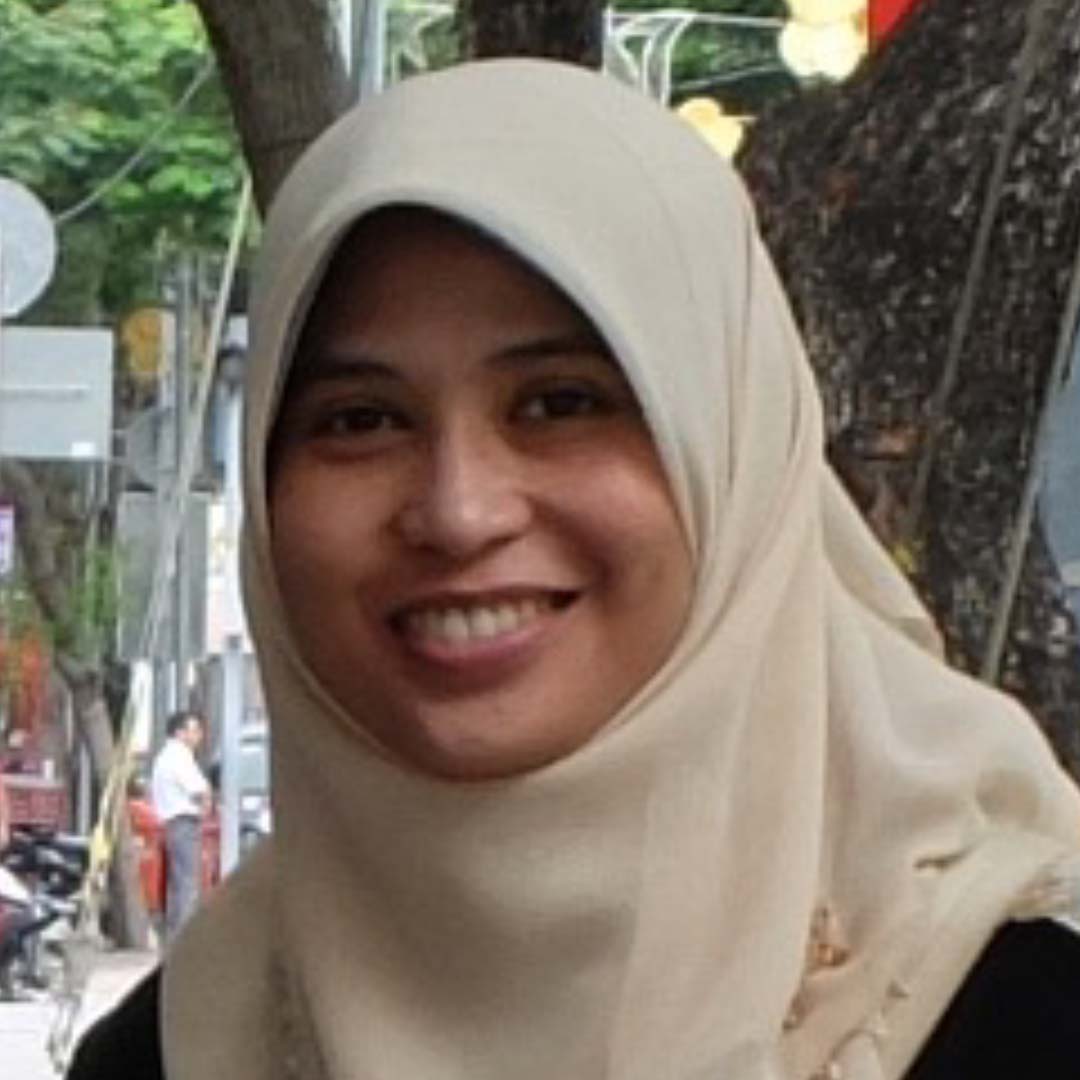 Head of Environmental Economics Research Group, Institute for Economic and Social Research, Faculty of Economics and Business, Universitas Indonesia
Head of Environmental Economics Research Group, Institute for Economic and Social Research, Faculty of Economics and Business, Universitas IndonesiaAlin Halimatussadiah Head of Environmental Economics Research Group, Institute for Economic and Social Research, Faculty of Economics and Business, Universitas Indonesia
Dr. Alin Halimatussadiah is an active lecturer at the Faculty of Economics and Business – Universitas Indonesia (FEB UI) since 2004. She received her doctoral degree from Universitas Indonesia in 2013 with a focus area on natural resources and environmental economics. Since 2017, she has been trusted as the head of Environmental Economic Research Group at the Institute of Economic and Social Research (LPEM), Faculty of Economics and Business – Universitas Indonesia (FEB UI). She has experienced in many research topics particularly on renewable energy economics and policy, sustainable waste management, sustainable fisheries management, disaster risk reduction, climate finance and green growth. She held certifications on renewable energy financing, impact investing, sustainable finance, and sustainability reporting.
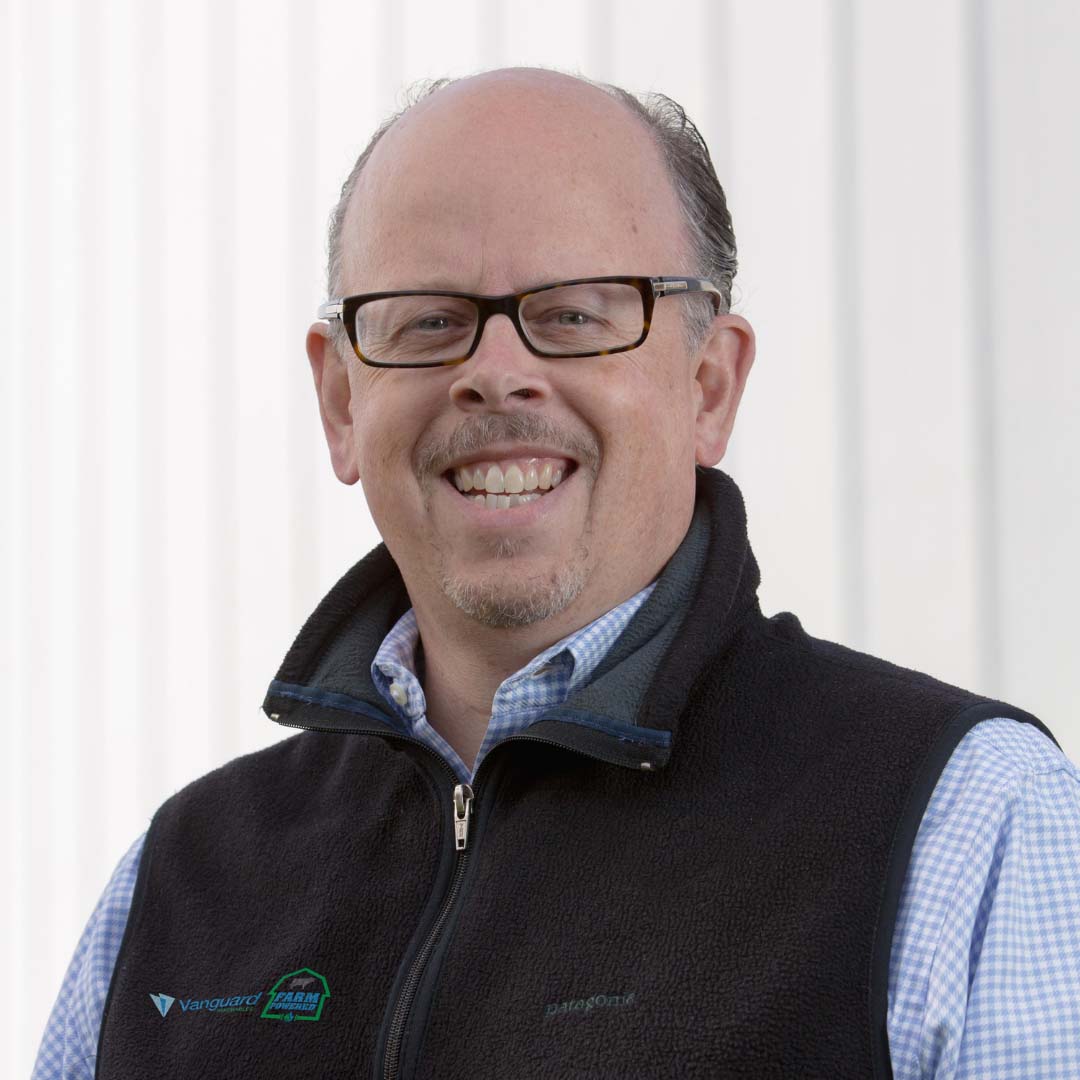 Founder and Chief Strategy Officer, Vanguard Renewables
Founder and Chief Strategy Officer, Vanguard RenewablesJohn Hanselman Founder and Chief Strategy Officer, Vanguard Renewables
John Hanselman is the Founder and Chief Strategy Officer of Vanguard Renewables — a leader in farm-based organics to renewable energy. John has more than 30 years of experience leading mission-driven companies focused on disruptive, emerging technologies and processes. He launched Vanguard Renewables in 2014 and has focused his work on developing a decarbonization pathway for the food and beverage industry by enabling the repurposing of unavoidable manufacturing and supply chain waste into renewable natural gas. John’s strength is bringing together partners in the decarbonization journey and Vanguard Renewables has strategic partnerships with Dairy Farmers of America, Dominion Energy, VGS, Enbridge, and ONE Gas among others. In 2020, John launched the Farm Powered Strategic Alliance alongside founding members Dairy Farmers of America, Unilever, and Starbucks, a pre-competitive movement to explore decarbonization strategies, to recycle unavoidable food waste at farm-based anaerobic digesters, and convert a portion of thermal load to renewable natural gas. Vanguard Renewables currently has six operating farm-based anaerobic digesters and 10 in development across the U.S. The company plans to expand its program to more than 100 operating anaerobic digesters in the top 20 markets over the next five years. www.vanguardrenewables.com
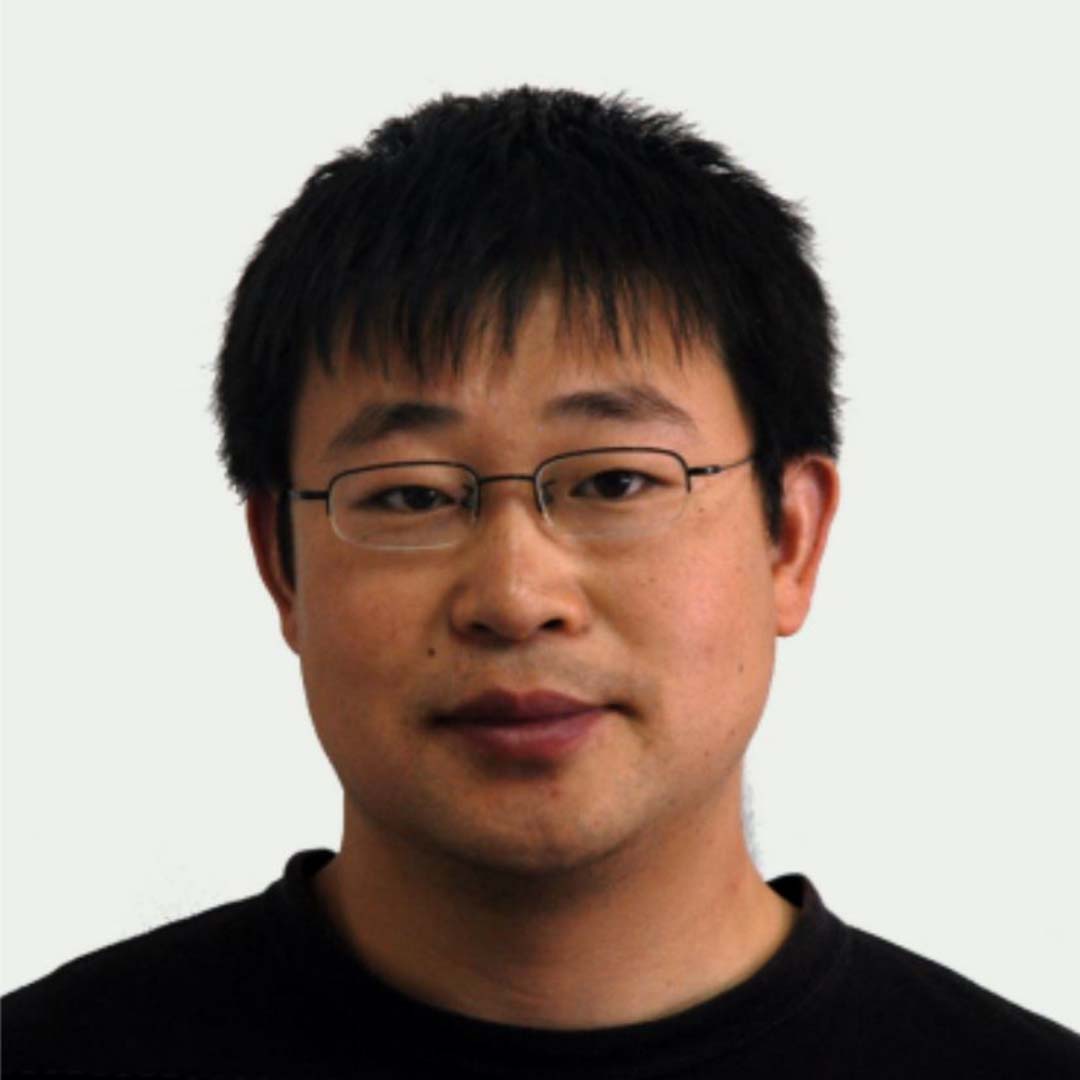 Lecturer, Peking University
Lecturer, Peking UniversityWang Hao Lecturer, Peking University
Dr. Wang Hao is a Lecturer at the Center for Nature and Society and the School of Life Sciences at Peking University in China. He was a Chief Researcher on the strategy for recovering biodiversity in Beijing with the Beijing Municipal Forestry and Parks Bureau and a Principal Investigator on a study on the eco-environmental quality supervision of nature reserves in China. Dr. Wang Hao holds both a Ph.D. and M.S., in Zoology from Peking University.
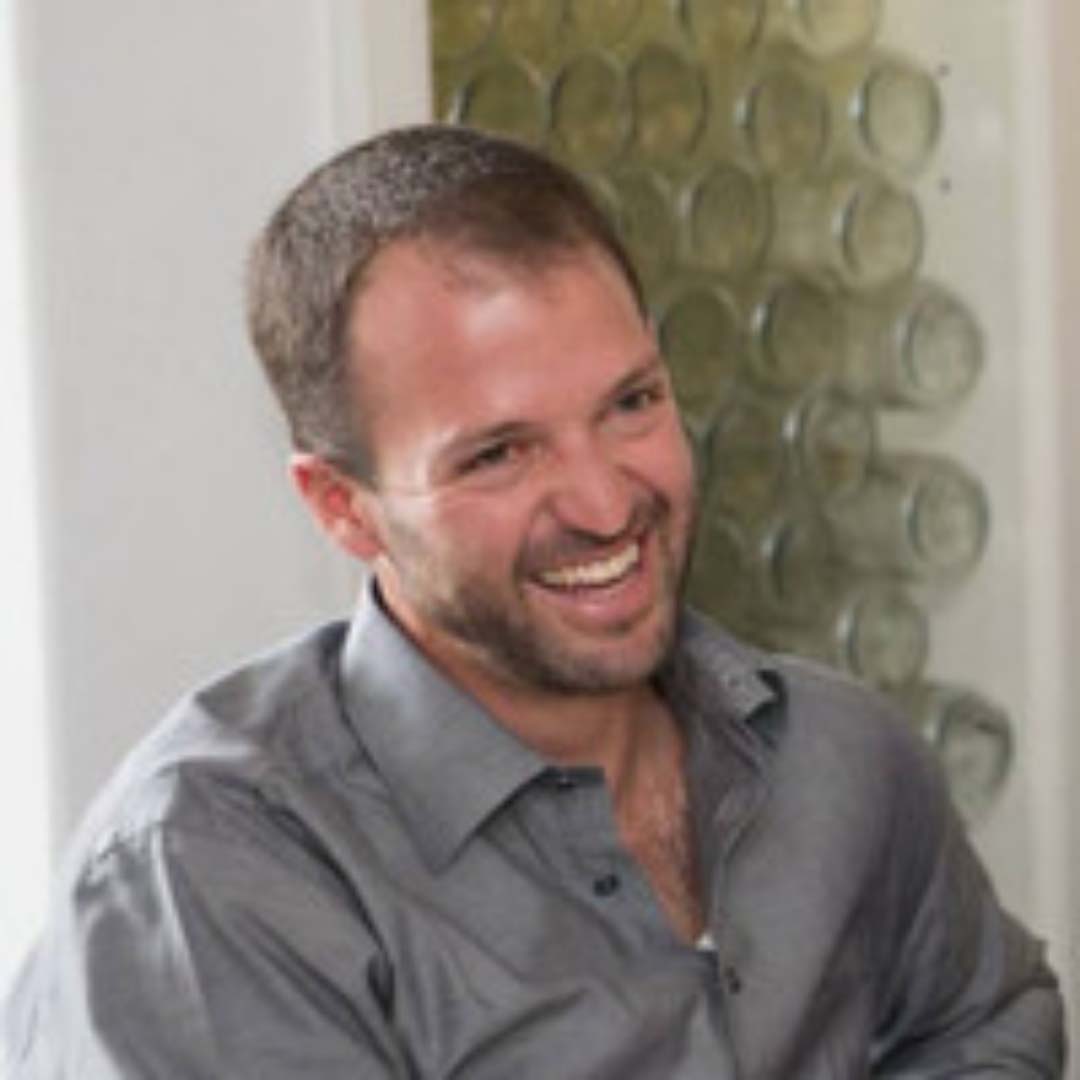 Founder/Managing Director, Urban Farms Recycling
Founder/Managing Director, Urban Farms RecyclingWayne Harpur Founder/Managing Director, Urban Farms Recycling
Wayne Harpur Founder/Managing Director at Urban Farms Recycling. Urban Farms Recycling, founded in 2013, is a leader in recycling food waste. Their vermiculture facility in Modderfontein is the largest of its kind in South Africa. Their mission is to be a leader in “separation-at-source”, by diverting organic waste from landfills and recycling food waste into something of value for the soil. Urban Farms Recycling is a pioneer in the recycling of food wastes using earthworms.
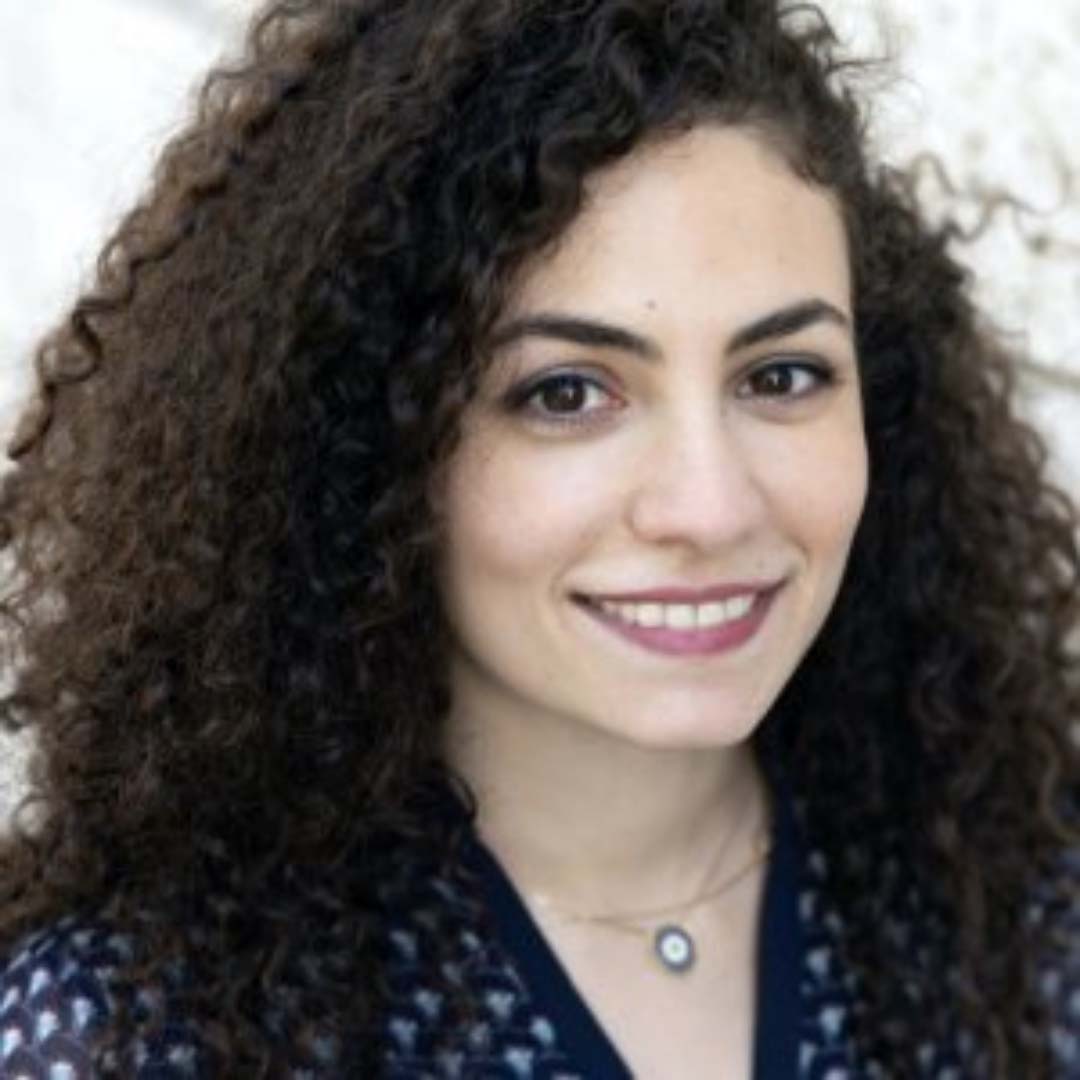 Research Fellow, London School of Hygiene and Tropical Medicine
Research Fellow, London School of Hygiene and Tropical MedicineSyreen Hassan Research Fellow, London School of Hygiene and Tropical Medicine
I am a research fellow on the Pathfinder Initiative, working on synthesising evidence from actions or policies that have co-benefit for both climate change mitigation and health or health risk factors. My focus is on cases that have been implemented in the real world and where data on their impact has been measured in practice, rather than derived from modelling. I also focus on understanding the pathways to health outcomes, how such actions were implemented, and the contextual factors that may influence their feasibility, reach, scale-up, or generalisability.
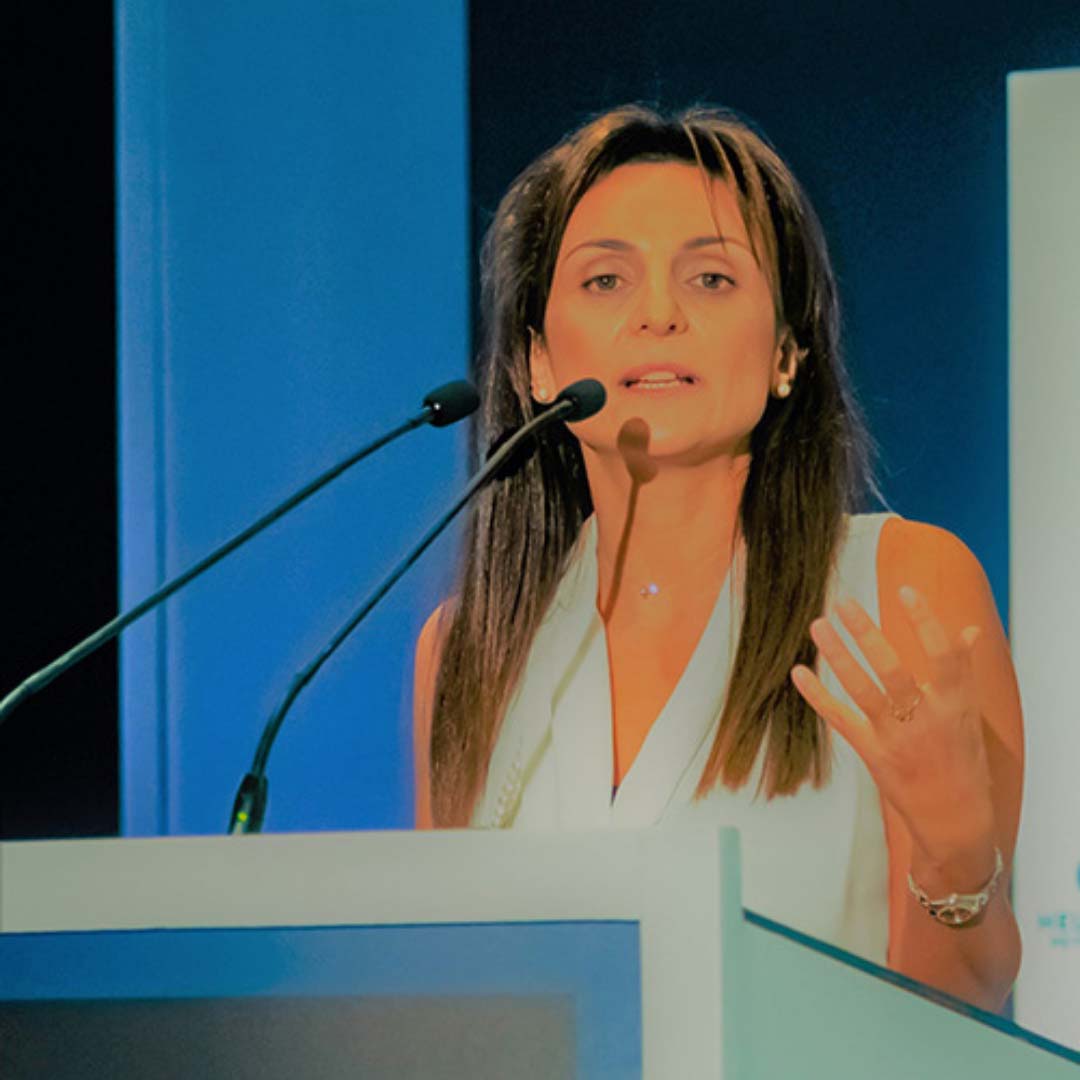 Professor, Athens University of Economics and Business; President Elect European Association of Environmental and Resource Economists
Professor, Athens University of Economics and Business; President Elect European Association of Environmental and Resource EconomistsPhoebe Koundouri Professor, Athens University of Economics and Business; President Elect European Association of Environmental and Resource Economists
Phoebe Koundouri, is a world-renowned environmental economics professor and global leader in sustainable development. She is widely recognized as a pioneer in innovative, human-centric, interdisciplinary systems for the sustainable interaction between nature, society, and the economy. She is listed in the most-cited women economists in the world, with 15 published books and more than 450 published peer reviewed scientific papers, book chapters and reports. She is elected member of the World Academy of Art & Science,
President-elect of the European Association of Environmental and Natural Resource Economists and she has received numerous international awards for academic excellence, including the prestigious European Research Council Synergy Grant (2020). With 100 European/Global research projects/initiatives and a team of 150 researchers, her work defines policies and supports human well- being across the globe. She holds a PhD from the University of Cambridge and has been affiliated as researcher and lecturer with Cambridge, UCL, LSE, University of Reading. Since 2006 she is professor at the Athens University of Economics and Business (AUEB), founding director of ReSEES Research Laboratory (AUEB), the Sustainable Development Unit (ATHENA Informatics Research and Innovation Center) and the EIT Climate-KIC HUB Greece of the European Institute of Innovation and Technology, the latter focusing on innovation acceleration and research commercialization. She chairs the United Nations Sustainable Development Solutions Network - Europe, the International Center for Research ICRE8 and the Scientific Advisory Board of European Forest Institute. She is Commissioner and the “Green Recovery” Task Force Leader of the global COVID-19 Lancet Commission, member of the Pissarides Committee (10 year Greek Development Plan) chaired by Nobelist Prof. C. Pissarides, member of the National Climate Change Committee of Greece, and an advisor to the EU, the World Bank, the UN, NATO, the WHO and other international organizations and governments worldwide. Personal Website: https://phoebekoundouri.org/
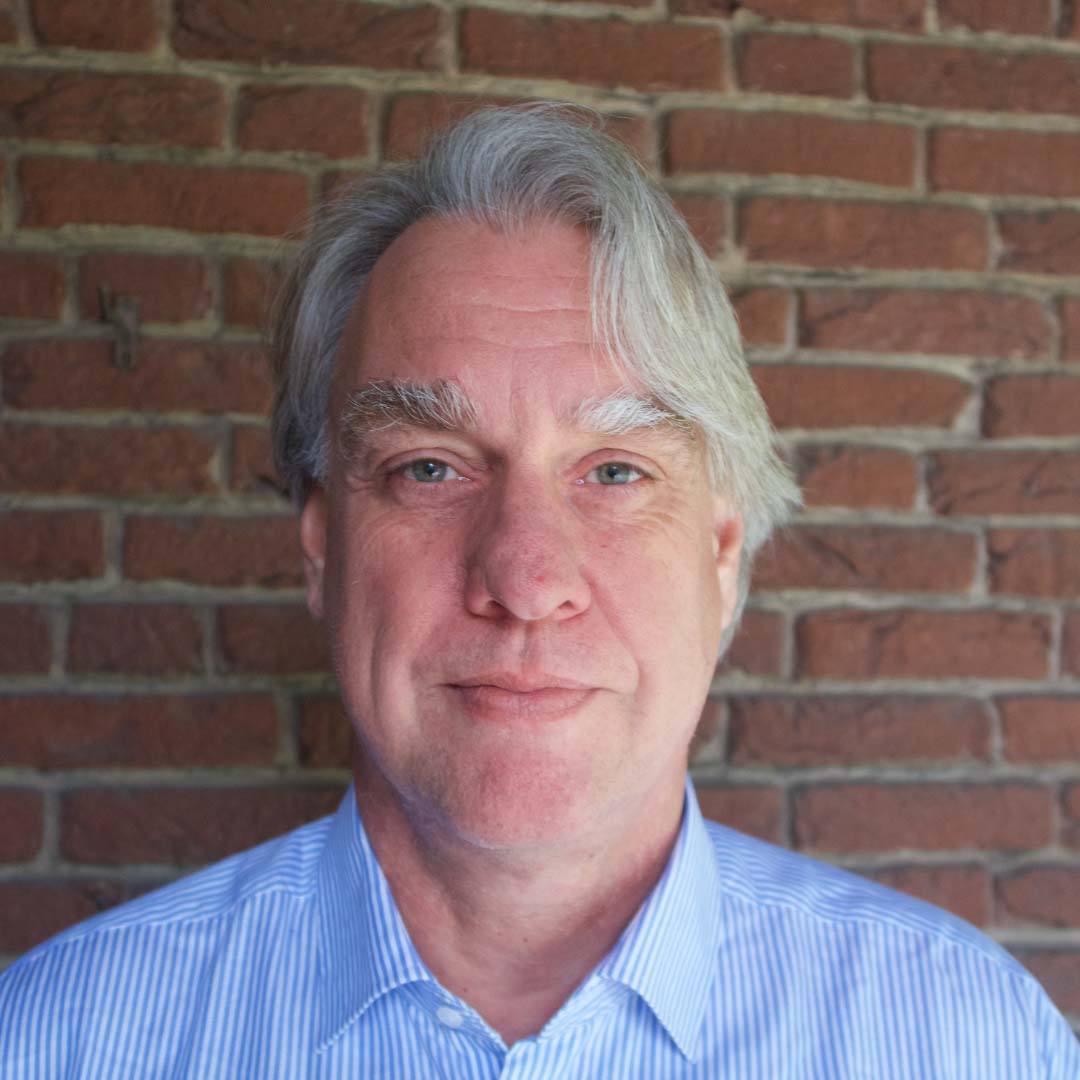 Director Academic Affairs at Springer Nature
Director Academic Affairs at Springer NatureArend Küster Director Academic Affairs at Springer Nature
Arend KÜSTER is Director Academic Affairs at Springer Nature. He has been working in the publishing industry for over 25 years as an enthusiastic, international senior executive with deep experience in STM business strategy, sales and marketing, and academic & professional journal development. He previously held positions as Director Open Research, Greater China at Springer Nature, after working in the Middle East as Executive Director for Bloomsbury Qatar Foundation. He is particularly passionate in developing sustainable and innovative publishing solutions and contributing to the global transition to Open Research. He brings global context to develop strategic relationships with funders and key academic institutions across Europe and the Middle East.
Within Springer Nature, Arend is also part of the SDG Steering Group, one of the internal SDG champions and co-initiated the Learning from Crisis – from Covid to Climate roundtables. Outside of his professional work Arend, a qualified PADI Divemaster, cares especially about the sea and champions SDG14.
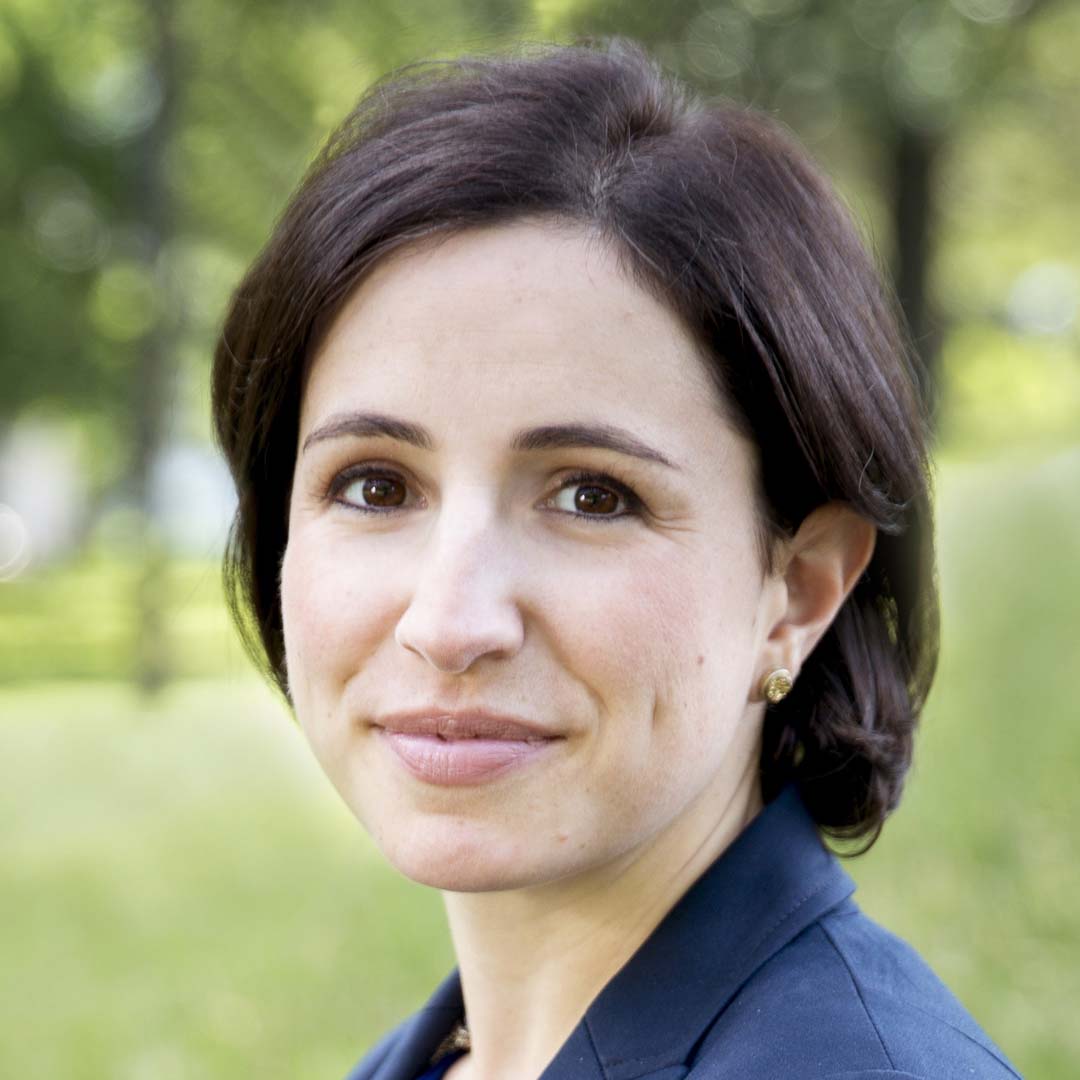 Clinical Professor of Law, Faculty Director of the Harvard Law School Food Law and Policy Clinic, and Deputy Director of the Harvard Law School Center for Health Law and Policy Innovation
Clinical Professor of Law, Faculty Director of the Harvard Law School Food Law and Policy Clinic, and Deputy Director of the Harvard Law School Center for Health Law and Policy InnovationEmily Broad Leib Clinical Professor of Law, Faculty Director of the Harvard Law School Food Law and Policy Clinic, and Deputy Director of the Harvard Law School Center for Health Law and Policy Innovation
Emily Broad Leib is Clinical Professor of Law, Faculty Director of the Harvard Law School Food Law and Policy Clinic, and Deputy Director of the Harvard Law School Center for Health Law and Policy Innovation. In 2011, Professor Broad Leib founded the first law school clinic in the United States devoted to identifying legal and policy solutions to address the health, economic, and environmental challenges facing our food system. Her work has been covered in The New York Times, Los Angeles Times, Boston Globe, The Guardian, TIME, Politico, the Washington Post, CBS This Morning, CNN, The Today Show, and MSNBC. She was named by Fortune and Food & Wine to their list of 2016’s Most Innovative Women in Food and Drink. Professor Broad Leib was Co-Founder and Co-Chair of the Board of Trustees for the Academy of Food Law and Policy from 2014-2019. She is now the faculty supervisor for the Harvard Mississippi Delta Project and Harvard Food Law Society, and supervisor of the National Food Law Student Network. She has published scholarly articles in the California Law Review, the Wisconsin Law Review, the Harvard Law & Policy Review, the Food & Drug Law Journal, and the Journal of Food Law & Policy, among others.
Professor Broad Leib received her B.A. in American History from Columbia University and her J.D. from Harvard Law School, cum laude. She is a licensed member of the bar of the State of New York.
 Program Manager, The Green Box
Program Manager, The Green BoxFatimah Mahmood Program Manager, The Green Box
Fatimah Mahmood is an environmental specialist from Islamabad, Pakistan. She is currently the Program Manager at The Green Box, working on themes of climate change, sustainable development, and the environment. Besides this, as a Local Pathways 2021 Fellow, she is amidst the development of a project addressing SDG 11.6 (air quality) in her city; through the creation of a targeted education and training program “Breathe Islamabad”.
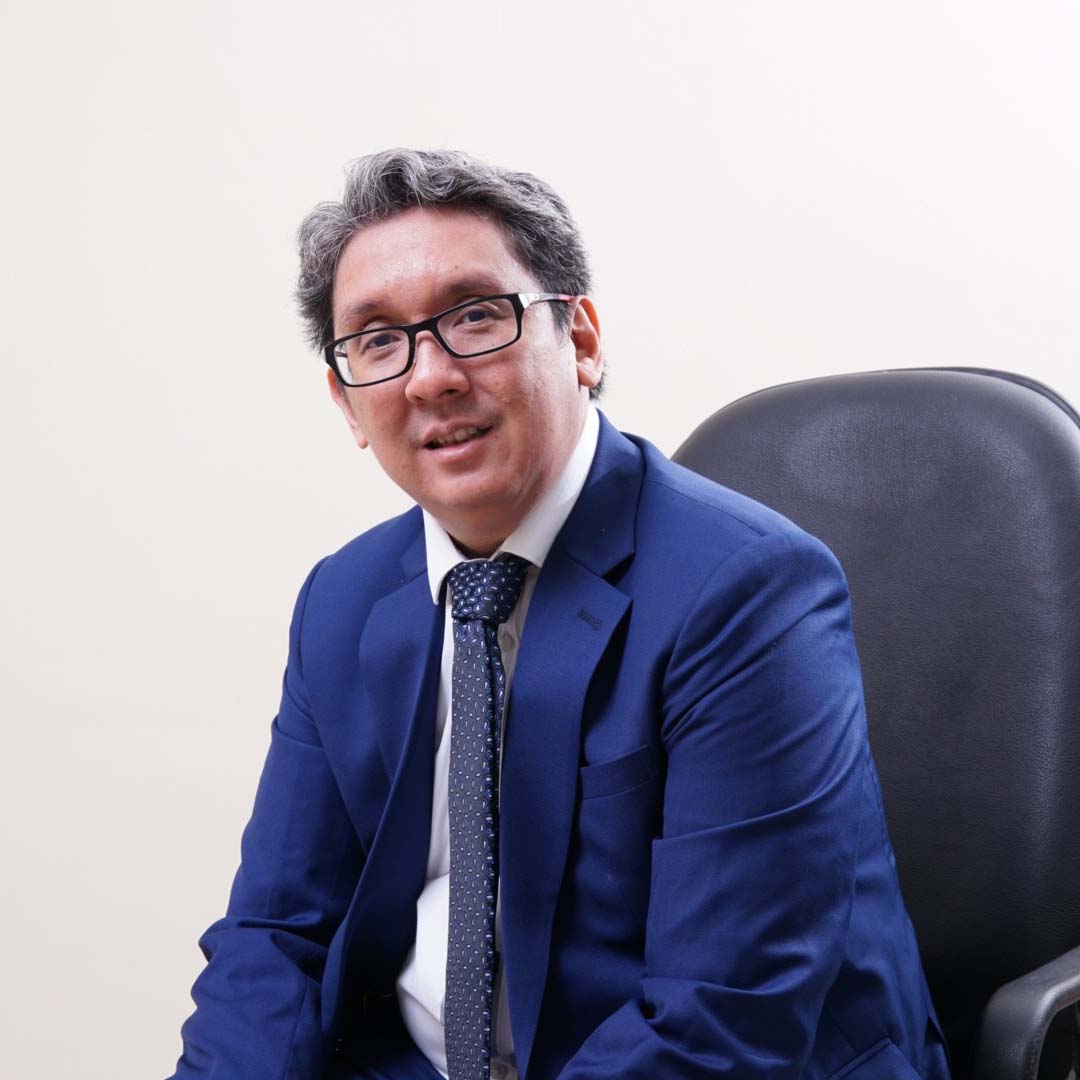 Research Director, Institute for Development of Economics and Finance
Research Director, Institute for Development of Economics and FinanceBerly Martawardaya Research Director, Institute for Development of Economics and Finance
Berly Martawardaya is a natural resource & environmental economist at University of Indonesia and Research Director at Institute for Development of Economics and Finance (INDEF), an independent think-tank base in Jakarta. He obtained post-grad degrees in economics from Vrije Universiteit Amsterdam and Università’ degli studi di Siena, Italy. He has conducted studies on natural resource environmental & climate for various international donor institutions and Indonesia government agencies. Currently, he is entrusted as vice head of Competitiveness and Sustainability Focus Group at Indonesia Association of Economist (ISEI) and deputy secretary general at Indonesia Environment Expert Association (Perwaku)
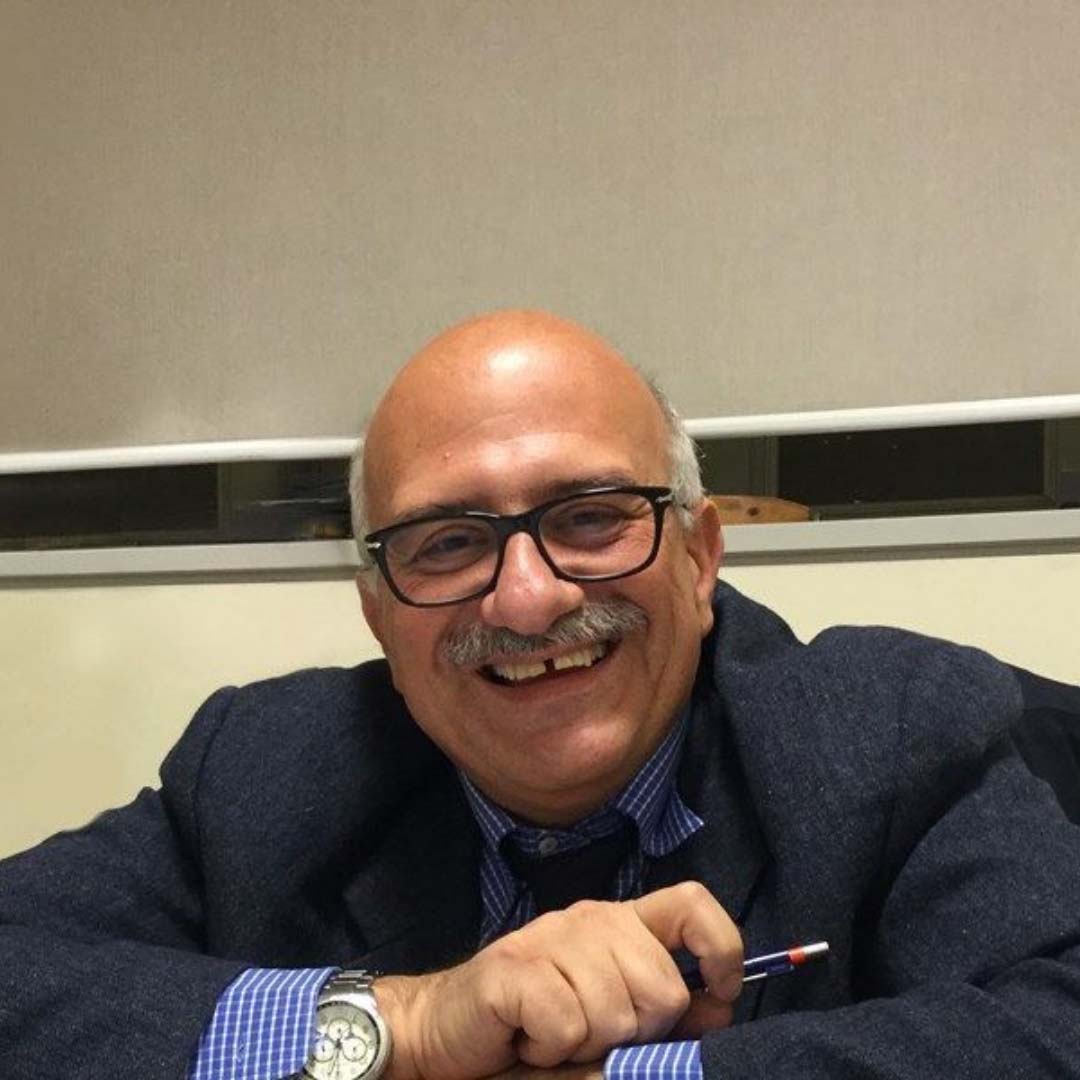 Professor in Applied Physical Chemistry at the Department of Chimica, Materiali e Ingegneria Chimica “Giulio Natta” of Politecnico di Milano
Professor in Applied Physical Chemistry at the Department of Chimica, Materiali e Ingegneria Chimica “Giulio Natta” of Politecnico di MilanoMaurizio Masi Professor in Applied Physical Chemistry at the Department of Chimica, Materiali e Ingegneria Chimica “Giulio Natta” of Politecnico di Milano
Maurizio Masi (born in 1960) is full professor in Applied Physical Chemistry at the Department of Chimica, Materiali e Ingegneria Chimica “Giulio Natta” of Politecnico di Milano. His activity is centered on physical chemistry, reaction kinetics and chemical reaction engineering with focus on materials production processes for advanced inorganic materials (microelectronics and energy applications) or technopolymers, with particular emphasis on the sustainability and circular economy aspects. Since 2001, his research includes also biomedical applications, in particular on cells and tissue growth in scaffold supporting media and on biopolymers for controlled drug delivery. All of these researches have been performed in cooperation with primary industrial groups as well with small and medium enterprises, whose number so far exceeds 60. Presently, he is president of GRICU (university researcher in chemical engineering) and National Secretary of USPUR (labor union of university professors). From 2013 to 2018 he was appointed as scientific director of Centro Europeo di Nanomedicina. He was serving as Dean of the School of Industrial Engineering Processes of Politecnico di Milano during the years 2010-2012 and as Head of the Department of Chimica, Materiali e Ingegneria Chimica “Giulio Natta” of Politecnico di Milano during the years 2013-2019. From 2010 to 2019 he was member of the board of COPI (Conference for Engineering). He is graduated MSc (cum laude) in Chemical Engineering and PhD in Electrochemical Engineering. In 1992 he was Visiting Scientist at Massachusetts Institute of Technology. Author of more than 150 scientific papers in these areas published on internationally peer reviewed journals, 4 books (“Esercitazioni di termodinamica dell’ingegneria chimica” and “Termodinamica Chimica Applicata”, published by Edizioni Esculapio, authored with R. Rota, “Silicon Epitaxy”, published by Academic Press, authored with D. Crippa and D.L. Rode and “Controlled Drug Delivery Systems - Towards New Frontiers in Patient Care”, published by Springer, authored with F. Rossi and G. Perale) and holds 10 international and 9 national patents
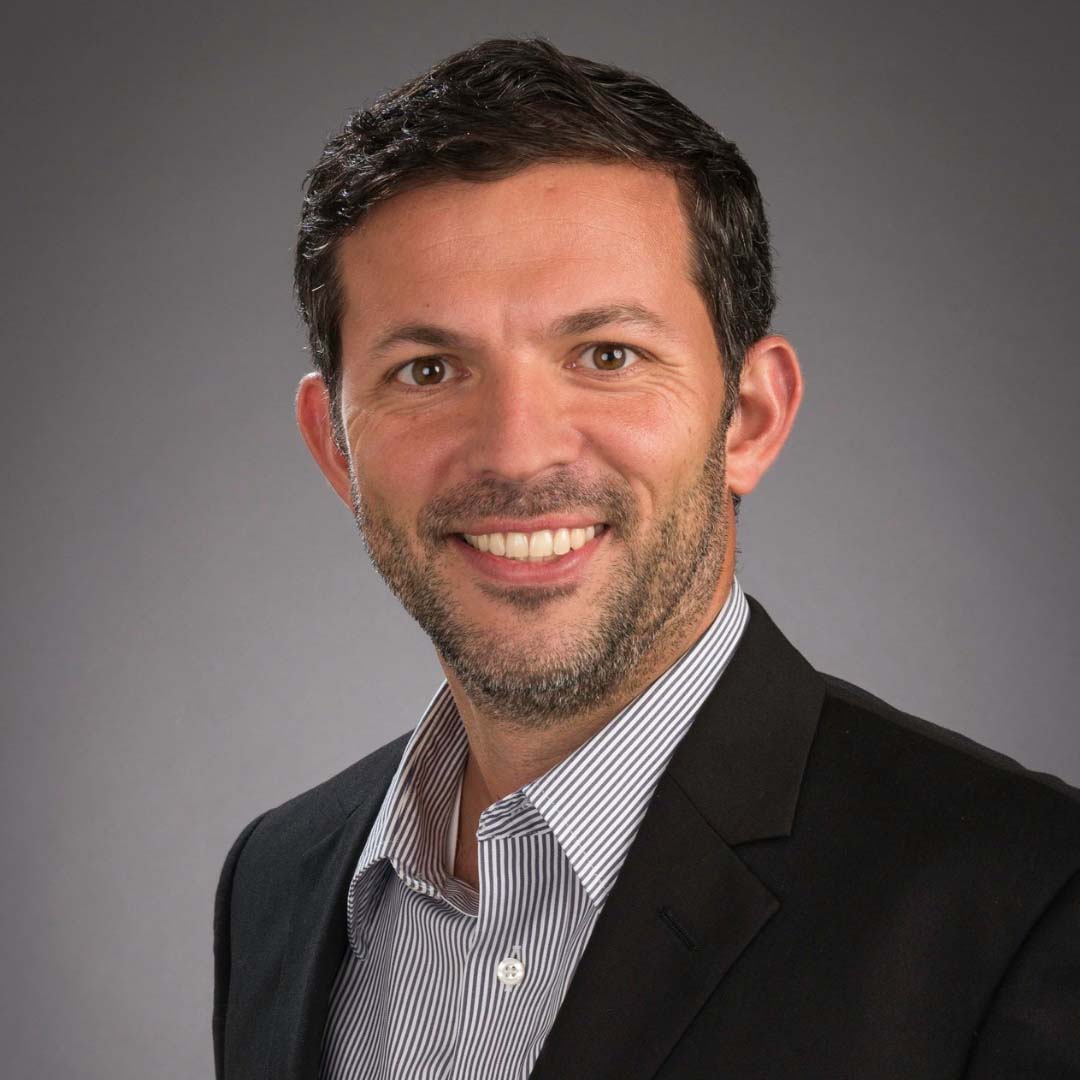 Associate Dean and Associate Teaching Professor of Economics at the School of Global Policy and Strategy at the University of California San Diego
Associate Dean and Associate Teaching Professor of Economics at the School of Global Policy and Strategy at the University of California San DiegoGordon McCord Associate Dean and Associate Teaching Professor of Economics at the School of Global Policy and Strategy at the University of California San Diego
Gordon McCord is Associate Dean and Associate Teaching Professor of Economics at the School of Global Policy and Strategy at the University of California San Diego. He directs the SDG Policy Initiative, and is Senior Advisor to the UN Sustainable Development Solutions Network. Gordon’s research is on development economics, public health and the environment.
 Sustainability Director at Design Portfolio
Sustainability Director at Design PortfolioMartha McPherson Sustainability Director at Design Portfolio
Martha is Sustainability Director at Design Portfolio, where she leads the consultancy’s work on developing innovation-led sustainability strategies for international clients. She is a visiting policy fellow at the UCL Institute for Innovation and Public Purpose (IIPP), where she was formerly head of green economy and at IIPP, co-ordinating the institute’s climate research and policy engagement activity. She has previously worked in education access for The Brilliant Club, acts as a trustee for governance and diversity charity Getting on Board and for the International Sustainable Finance Centre, and tweets about sustainability, climate and corporate responsibility at @MarthaMcph
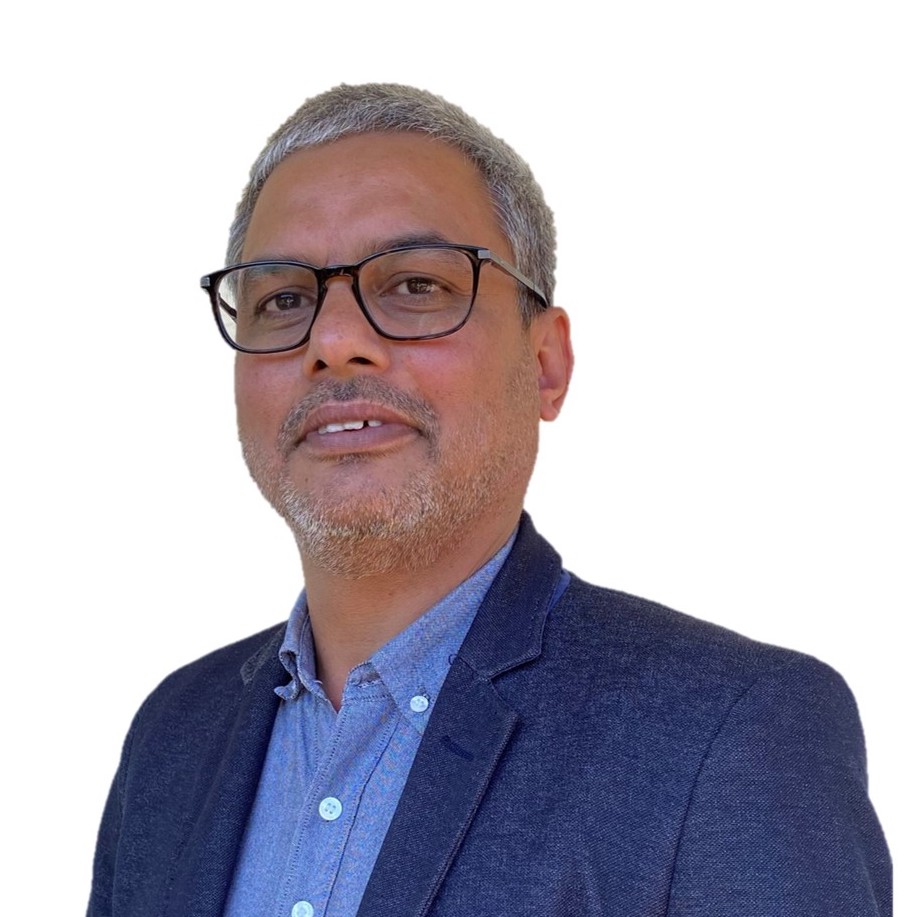 Associate Professor, Oregon State University
Associate Professor, Oregon State UniversityRajat Panwar Associate Professor, Oregon State University
Rajat Panwar, a native of India, is an associate professor in the College of Forestry, Oregon State University, USA. His research expertise lies at the intersection of sustainable business and natural resources. Rajat holds two earned doctoral degrees: in forest products and business administration. His current research focuses Forest-based Bioeconomy, Net-zero Carbon Emissions and Nature-based Solutions. Rajat can be accessed at rajat.panwar@oregonstate.edu
 CEO & Founder, Muevetex
CEO & Founder, MuevetexRegina Paredes CEO & Founder, Muevetex
Regina Paredes is the founder of Muevetex, a multi-award-winning startup based in Toluca, Mexico. She holds a degree in Administration and Promotion of Urban Management at the Universidad Autónoma del Estado de México and is passionate about urban mobility. One of her main achievements is leading the development of the first web app of public transport in Toluca. She is part of the 2021 cohort of the Local Pathways Fellowship at UN SDSN Youth and an Active Citizen at the British Council. As a climate change activist, she is part of the “COP 26 Operation” Program of Mexico’s Secretary of Foreign Relations, Climate Reality Project, and other renowned organizations. She considers herself a determined person who has discovered the importance of empowering a community to achieve a lifetime impact.
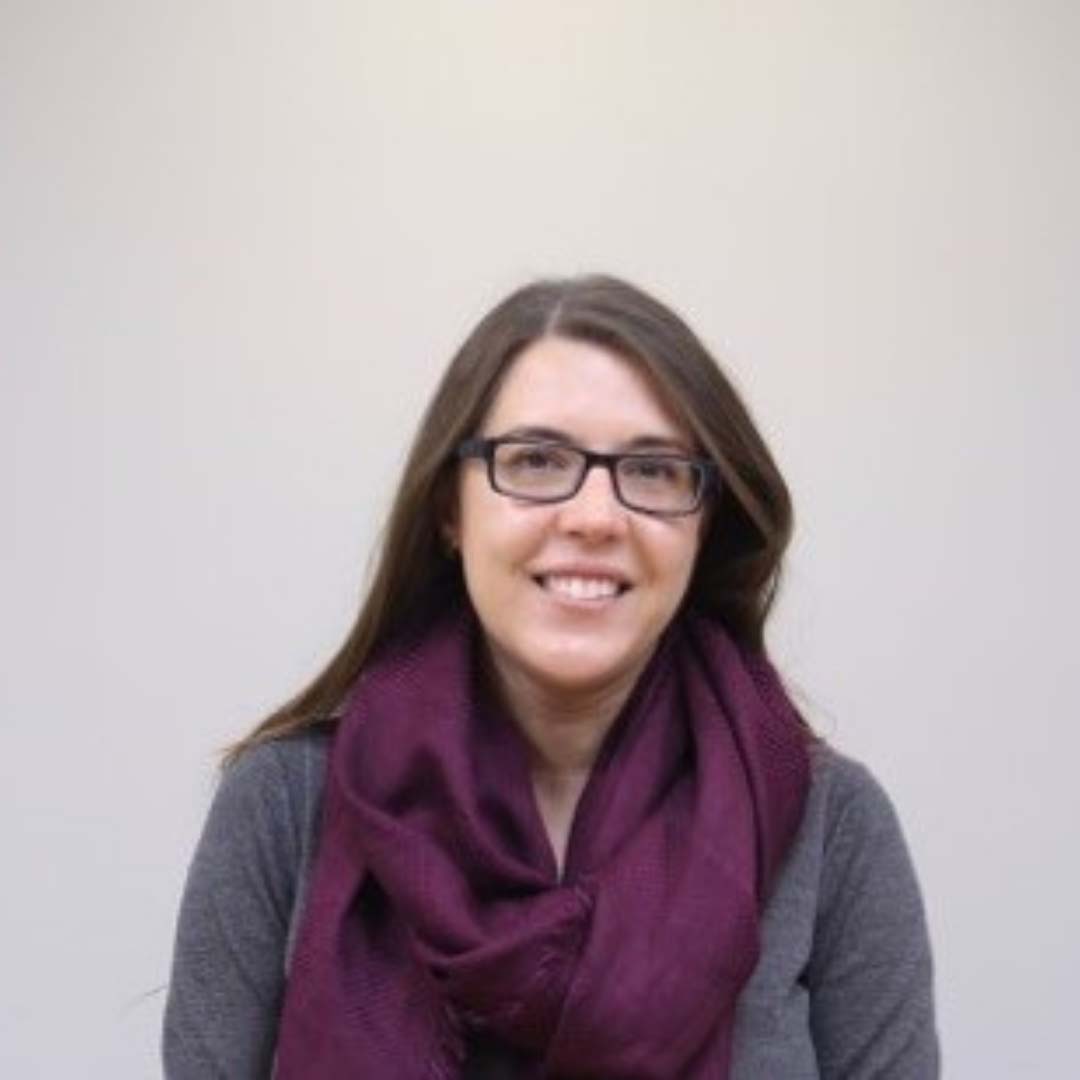 Senior Analyst, Climate Policy Initiative
Senior Analyst, Climate Policy InitiativeNicole Pinko Senior Analyst, Climate Policy Initiative
Nicole Pinko is a Senior Analyst at Climate Policy Initiative, based in Washington D.C., where she evaluates national and international climate finance mechanisms, climate and energy policies, and risk management. Her current projects include the Framework for Sustainable Finance Initiative and evaluating financed emissions within multilateral financial institutions. Prior to CPI, Nicole worked as a corporate analyst for the Union of Concerned Scientists, where she evaluated climate-related financial risks and climate risk disclosure. She also has extensive experience working with the socially responsible investing community, advising investors on environmental, social, and governance (ESG) issues. Nicole holds an M.A. in International Political Economy from the University of York, and a B.A. in Economics and Political Science from the University of California, Davis.
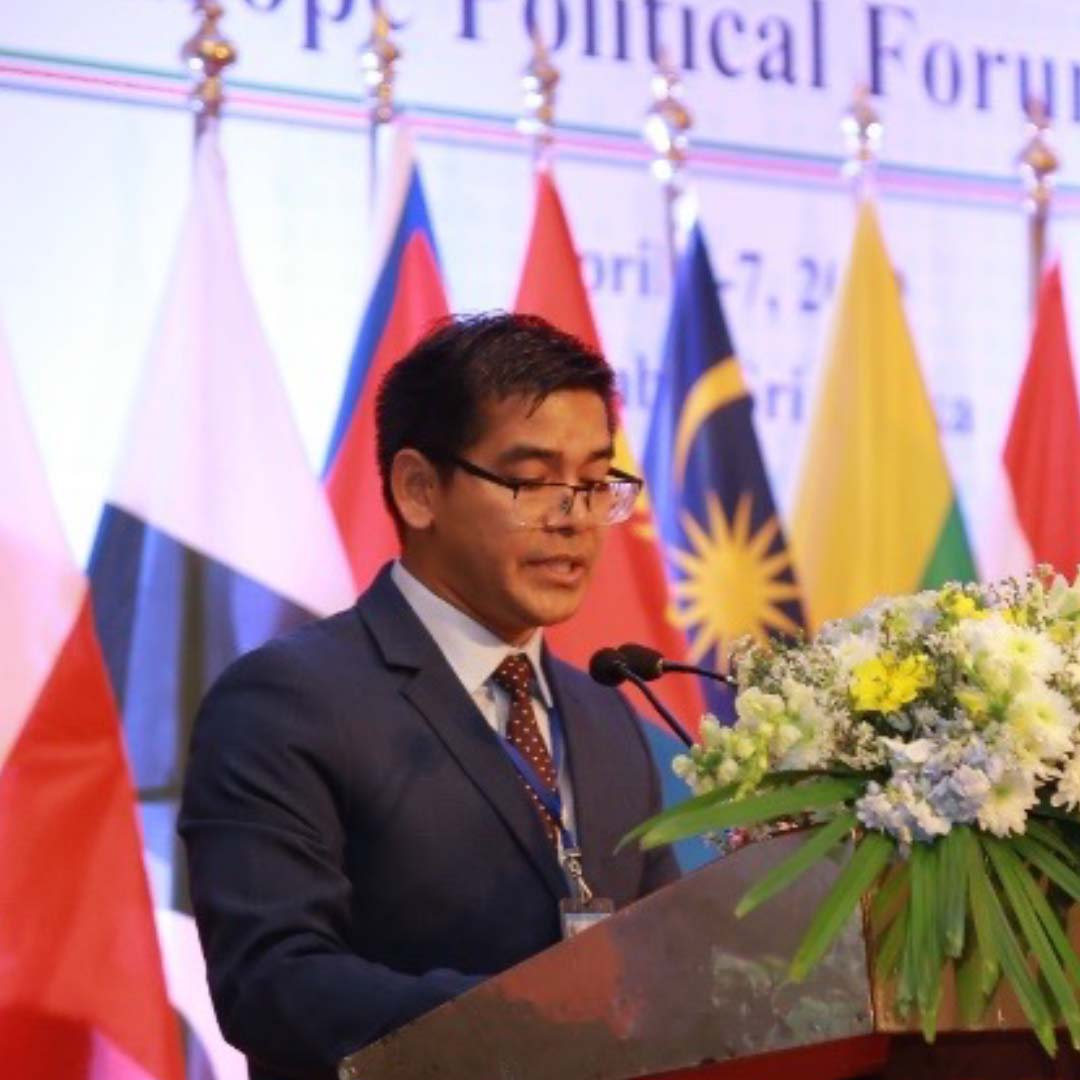 Vice President and Director, Centre for Sustainable Development Studies of Asian Vision Institute
Vice President and Director, Centre for Sustainable Development Studies of Asian Vision InstituteKEO Piseth Vice President and Director, Centre for Sustainable Development Studies of Asian Vision Institute
As the AVI Vice President and Director of the Centre of Sustainable Development Studies, Dr KEO is in charge of numerous key tasks from supervising day-to-day operation activities to conducting academic and policy-oriented research, producing policy briefs, coordinating and managing culture-based sustainable development, engaging in high-level policy dialogue, providing capacity building programmes, and building networks and public relations. In addition, he currently represents the institute to be a member of the Inter-Ministerial Committee for Coordination and Implementation of TECHO 100 Village Project, a new innovative culture-based development project initiated by the Royal Government of Cambodia and highly welcomed by the Asian Cultural Council.
Dr KEO is a policy advisor, researcher, and practitioner in development and environmental management. For more than 15 years of his professional career, Dr KEO has been driven by his inspiration and passion for contributing towards sustainable ecological management and inclusive development in Cambodia and ASEAN region. Over this period, he has engaged in diverse career paths, from being a public servant at the Cambodian Ministry of Environment to a researcher, lecturer, project manager, project chief technical advisor, and freelance consultant. In addition, Dr KEO has extensive experience working with government agencies, world-class universities, international financial institutions, international Non-Government Organisations, private sectors, and rural communities.
He has authored and co-authored papers and book chapters with several International Publishing Houses. In addition, he regularly publishes commentary on various topics, including climate change, sustainable development and environmental management in the Mekong and ASEAN. He has also been a reviewer for an international publishing house, i.e. Geoforum.
Dr KEO received his doctoral degree from the Joint-Doctoral Programme between the National University of Singapore and Harvard-Yenching Institute in 2018. His master’s degree is from the Australian National University in 2010.
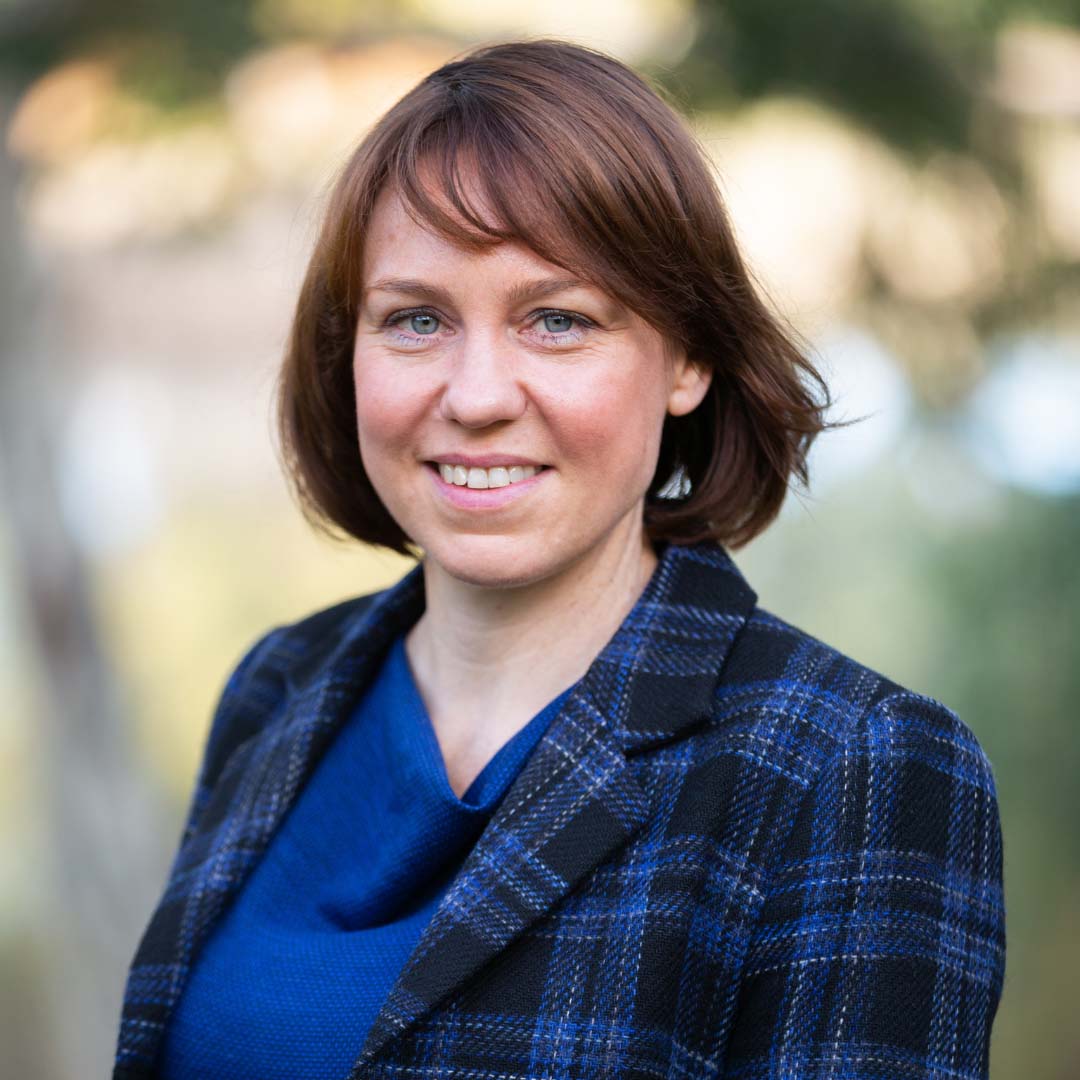 Chief Development Officer, Engie Australia
Chief Development Officer, Engie AustraliaAnna Quillinan Chief Development Officer, Engie Australia
Anna has over 20 years experience as an engineer, project manager and business leader in the resources and energy industry. With a background in process engineering, Anna has had a technical contribution to projects for over 15 years. More recently she has applied her expertise in engineering and project delivery to her current role leading the ENGIE Net Zero Energy Solutions team. The team is focused on integrating infrastructure, services and technology to deliver Net Zero precincts across Australia.
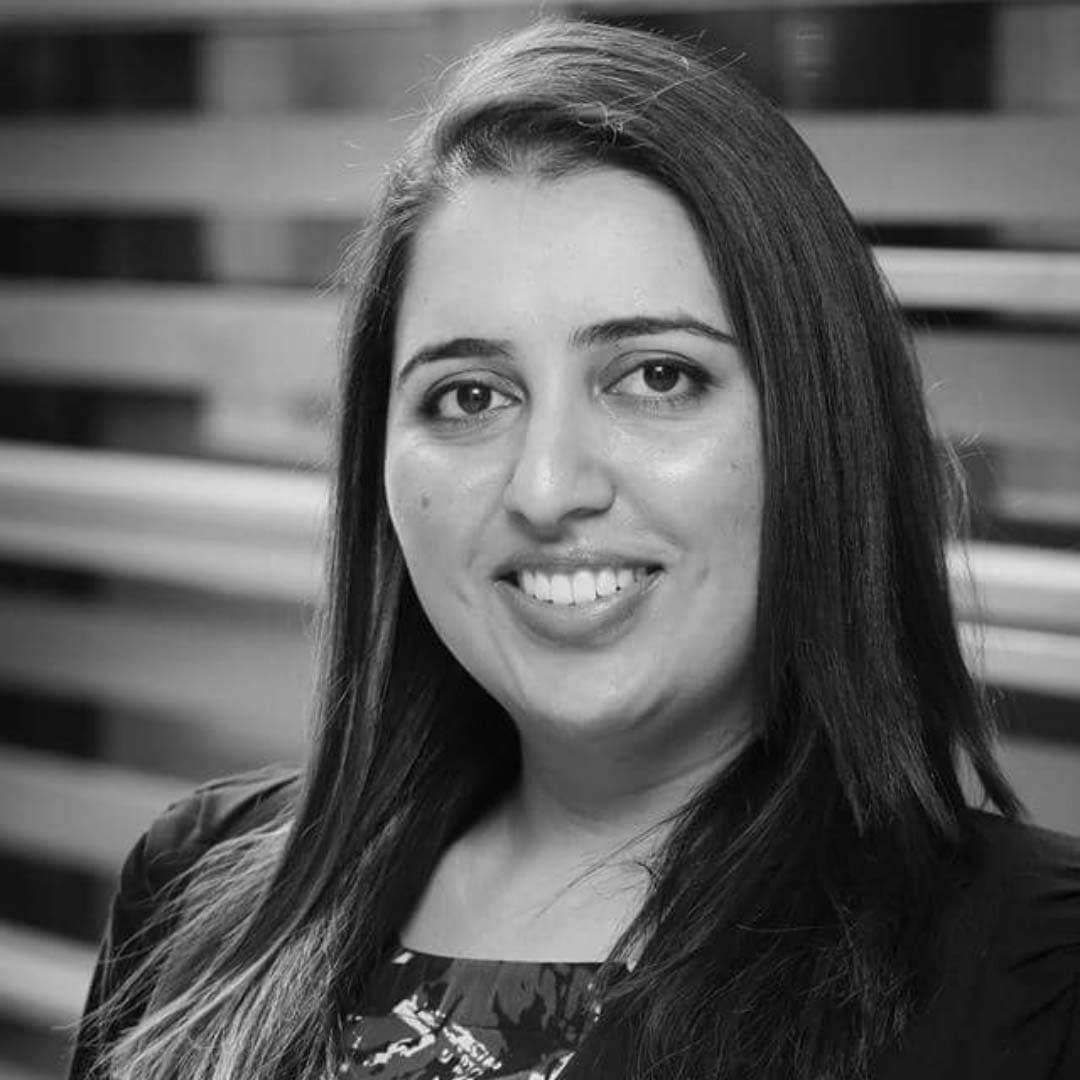 ESO Public Affairs and Policy Manager, National Grid ESO
ESO Public Affairs and Policy Manager, National Grid ESODipali Raniga ESO Public Affairs and Policy Manager, National Grid ESO
Dipali currently leads the public policy team for National Grid ESO, the electricity system operator for Great Britain. In her role, she works with experts and stakeholders across the industry to help the electricity and energy system transform to meet the UK’s ambition for net zero greenhouse gas emissions by 2050. Dipali is a senior professional with experience spanning the energy, infrastructure and climate change space, across public affairs, public policy, strategy and regulation. Prior to joining National Grid, Dipali worked for GB energy regulator Ofgem, and led energy and environment campaigns for a number of UK trade associations. She originally achieved a Masters in Physics from Imperial College London and MBA from Queen’s University, Canada.
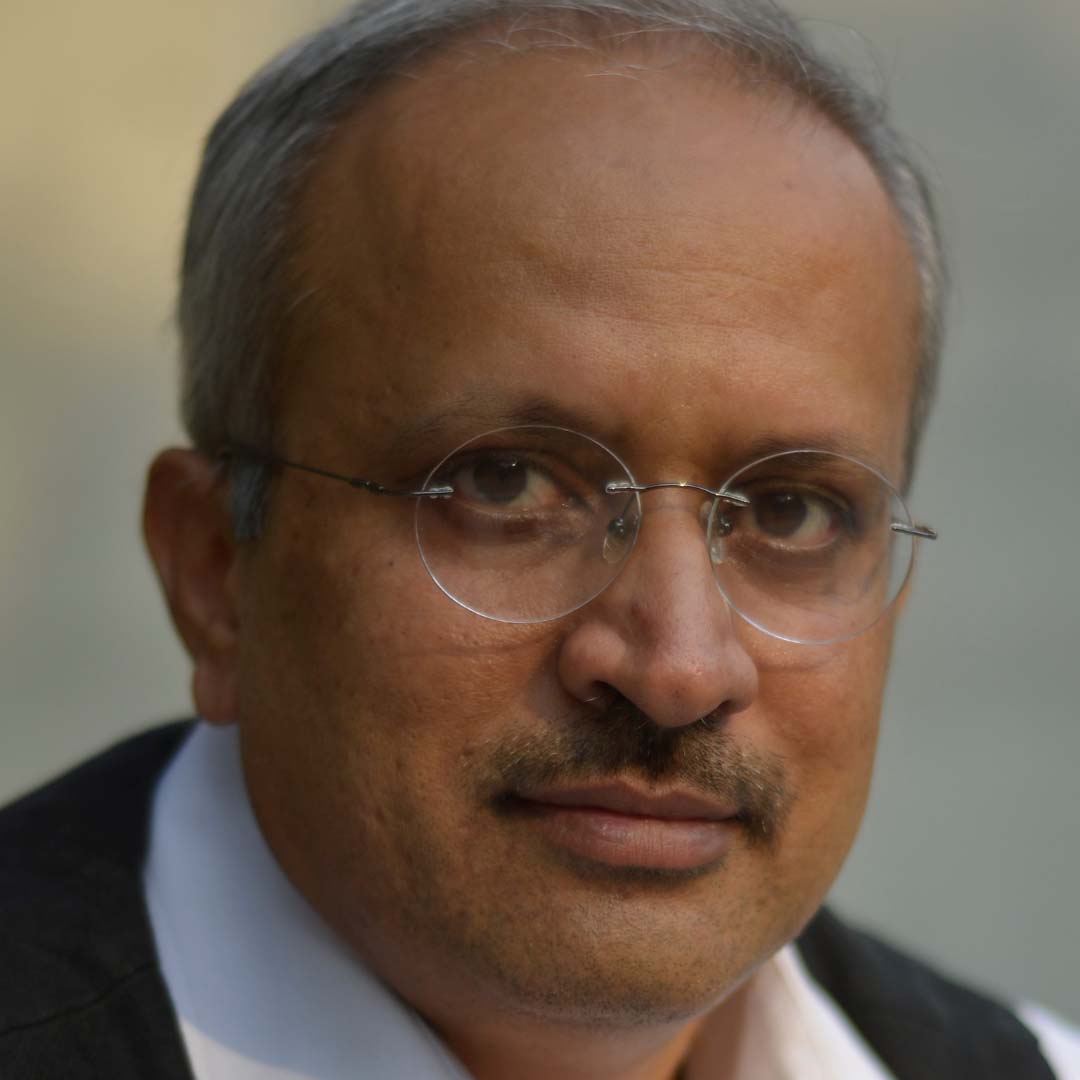 CRDF Professor at CEPT University and Senior Advisor of Centre for Advanced Studies in Building Science and Energy (CARBSE) at CEPT Research and Development Foundation (CRDF)
CRDF Professor at CEPT University and Senior Advisor of Centre for Advanced Studies in Building Science and Energy (CARBSE) at CEPT Research and Development Foundation (CRDF)Rajan Rawal CRDF Professor at CEPT University and Senior Advisor of Centre for Advanced Studies in Building Science and Energy (CARBSE) at CEPT Research and Development Foundation (CRDF)
Rajan Rawal is a CRDF Professor at CEPT University and Senior Advisor of “Centre for Advanced Studies in Building Science and Energy” (CARBSE) at CEPT Research and Development Foundation (CRDF). He teaches energy-efficient built habitat, thermal comfort, energy modelling, and building energy policy. His work emphasis is on ‘Energy Performance of Human Habitat’ and ‘Architectural and Building Science Education’. His current focus of the work is on Passive Design Strategies, Net Zero Energy Buildings and Communities, Personal Thermal Comfort Systems and Practices of Adaptive Thermal Comfort Models.
Prof Rawal. is the first Indian architect to receive the status of ASHRAE Fellow in 2020 and IBPSA Fellow in 2021. He is also ASHRAE Distinguished Lecturer. Prof Rawal led Indo-US Joint Clean Energy R & D Centre - Building Energy Efficiency Sector, and presently leading one of the projects under Indo-UK project on Energy Demand Reduction and Mission Innovation challenge on heating and cooling in buildings from India side. He serves on organizing the council of Global Cooling Prize an innovation competition that developed a climate-friendly residential cooling solution that can provide cooling for all without warming the planet. He is an active member of the International Energy Agency’s various EBC Annexes and Chair Education at the International Building Performance Association (IBPSA). He represents India at Mission Innovation IC 7. Prof. Rawal has delivered a Keynote address at international conferences and has been recognised as a spirited speaker He has delivered more than 300 lecture presentations in 29 countries in the last few years.
Prof Rajan Rawal has made remarkable contributions in the field of Heating Ventilation and Air Conditioning (HVAC), occupant thermal comfort and building energy efficiency. His contribution to the development of thermal comfort standards in India based on ASHRAE 55, design and construction of NZEB, development of thermal – optical properties database of building construction, hugely impacted educational and research programs within university and at the national level, that is unparallel in India. He serves on various executive committees and technical committees at the national and international levels, such as the Bureau of Indian Standards (BIS), Bureau of Energy Efficiency India (BEE), Global Building Performance Network (GBPN) and Alliance for Energy-Efficient Economy (AEEE). He is part of the editorial board of three leading journals and has several research papers, book chapters, and projects to his credit.
 Director, Potsdam Institute for Climate Impact Research
Director, Potsdam Institute for Climate Impact ResearchJohan Rockström Director, Potsdam Institute for Climate Impact Research
Johan Rockström is an internationally recognized scientist on global sustainability issues. He led the development of the Planetary Boundaries framework for human development in the current era of rapid global change. He is a leading scientist on global water resources, with more than 25 years experience in applied water research in tropical regions, and more than 150 research publications in fields ranging from applied land and water management to global sustainability.
In addition to his research endeavours, which has been widely used to guide policy, Rockström is active as a consultant for several governments and business networks. He also acts as an advisor for sustainable development issues at international meetings including the World Economic Forum, the United Nations Sustainable Development Solutions Network (SDSN) and the United Nations Framework Convention on Climate Change Conferences (UNFCCC). Professor Rockström chairs the advisory board for the EAT Foundation and the Earth League and has been appointed as chair of the Earth Commission.
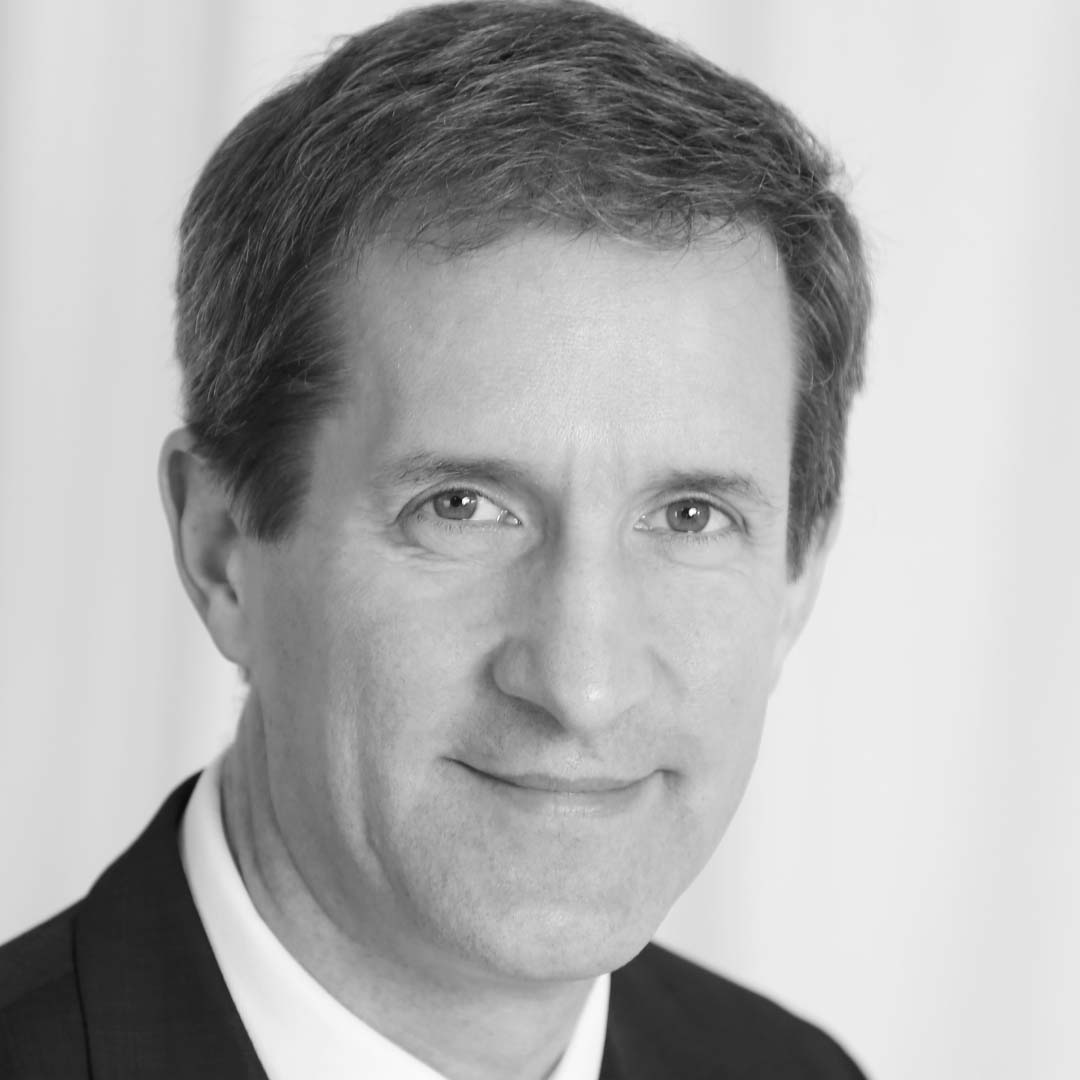 Partner, Systemiq
Partner, SystemiqGuido Schmidt-Traub Partner, Systemiq
Dr. Guido Schmidt-Traub is Partner at SYSTEMIQ Ltd. where he drives work on natural climate solutions, biodiversity, sustainable finance, and policy. In addition, he holds the role of interim Managing Partner.
Guido is a Trustee of WaterAid UK, Board member of the Friends of the Global Fund to Fight AIDS, Tuberculosis and Malaria Europe, a member of the SDSN Leadership Council, and an Associate Adjunct Professor at Sunway University (Kuala Lumpur). Guido serves as Chair of the International Advisory Group on Ecological Conservation Redlining to China’s Ministry of Ecology and Environment, Chair of the International Advisory Council on Natural Capital, Carbon, and Communities to the Government of Indonesia, member of the World Economic Forum’s Future Council on Nature and the Economy, and Principal of the Food and Land-Use Coalition.
Until 2020, Guido served as founding Executive Director of the UN Sustainable Development Solutions Network, which operates under the auspices of the UN Secretary-General to support the implementation of the Sustainable Development Goals (SDGs) and the Paris Agreement. He has advised many governments and corporations, contributed to the design of the SDGs as well as the Paris Agreement, and published numerous reports.
Previously, Guido was CEO of Paris-based CDC Climate Asset Management, Partner at South Pole Carbon Asset Management, and climate change advisor to the Africa Progress Panel led by Kofi Annan. He managed the MDG Support Team at UNDP and served as Associate Director of the UN Millennium Project in New York, which advised countries on achieving the Millennium Development Goals. Earlier Guido worked in IP Investing as Partner at IndexIT Scandinavia and as a consultant with McKinsey & Co.
Guido holds a Ph.D. in Economics from Wageningen University, an M.Phil. in Economics from Oxford (Rhodes Scholar), and a Master’s in physical chemistry from FU Berlin. He resides with his family in Paris.
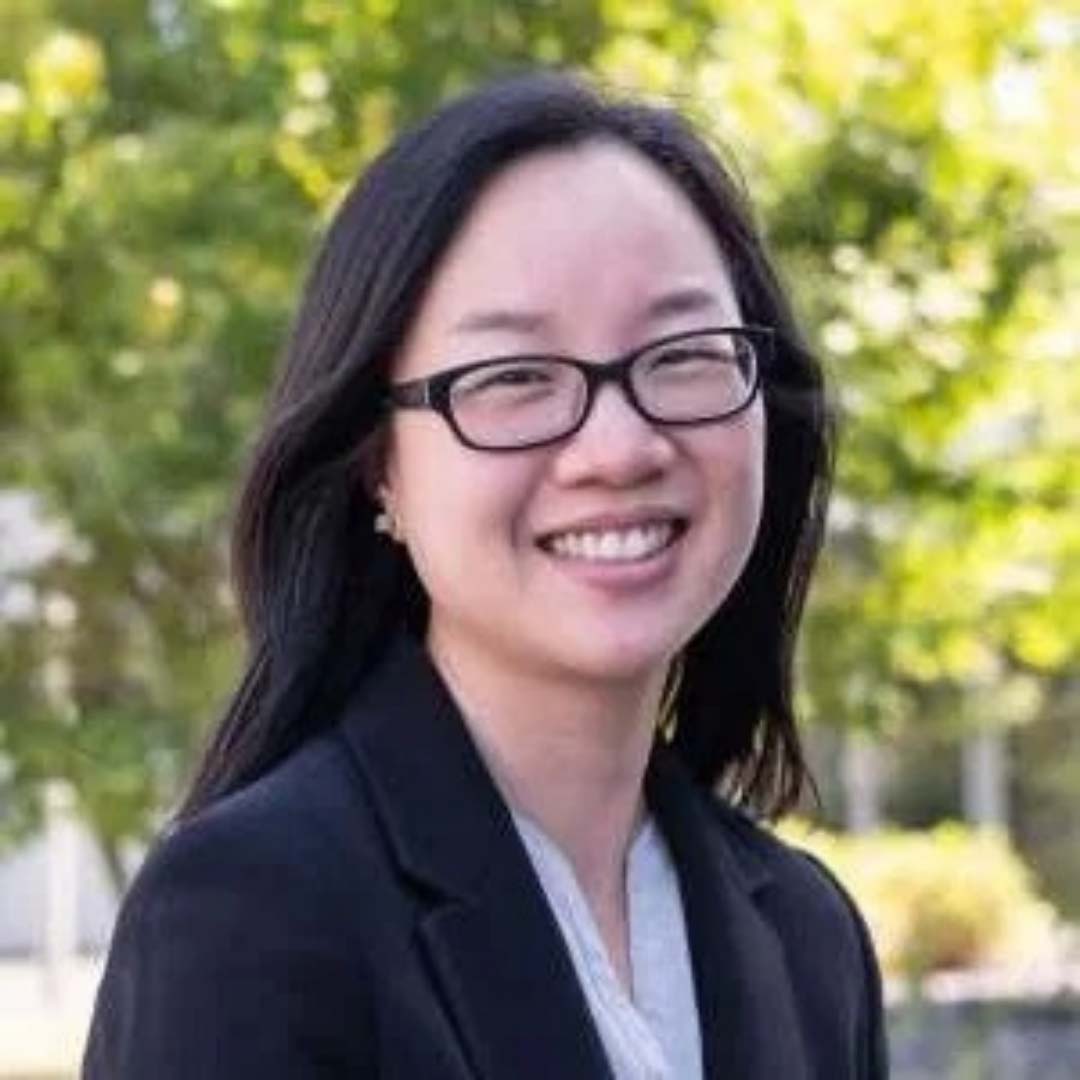 RAEng Engineering for Development Research Fellow & Lecturer in Resilient Energy Systems, Loughborough University
RAEng Engineering for Development Research Fellow & Lecturer in Resilient Energy Systems, Loughborough UniversityLong Seng To RAEng Engineering for Development Research Fellow & Lecturer in Resilient Energy Systems, Loughborough University
Dr Long Seng To is Lecturer in Resilient Energy Systems and Co-Director of the Centre for Sustainable Transitions: Energy, Environment and Resilience (STEER) at Loughborough University. She holds an Engineering for Development Research Fellowship from the Royal Academy of Engineering which focuses on enhancing community energy resilience using renewable energy in the Global South with research partners in Nepal and Malawi. Long Seng is Co-Investigator of the MECS programme where she leads work on modern energy cooking services in humanitarian and institutional settings, and Co-Investigator of the CESET project which focuses on community energy in Ethiopia, Malawi and Mozambique. She is Chair of the Solar Subgroup of the UN Expert Group on Resource Management where she leads work on the UN standard for solar energy resource classification.
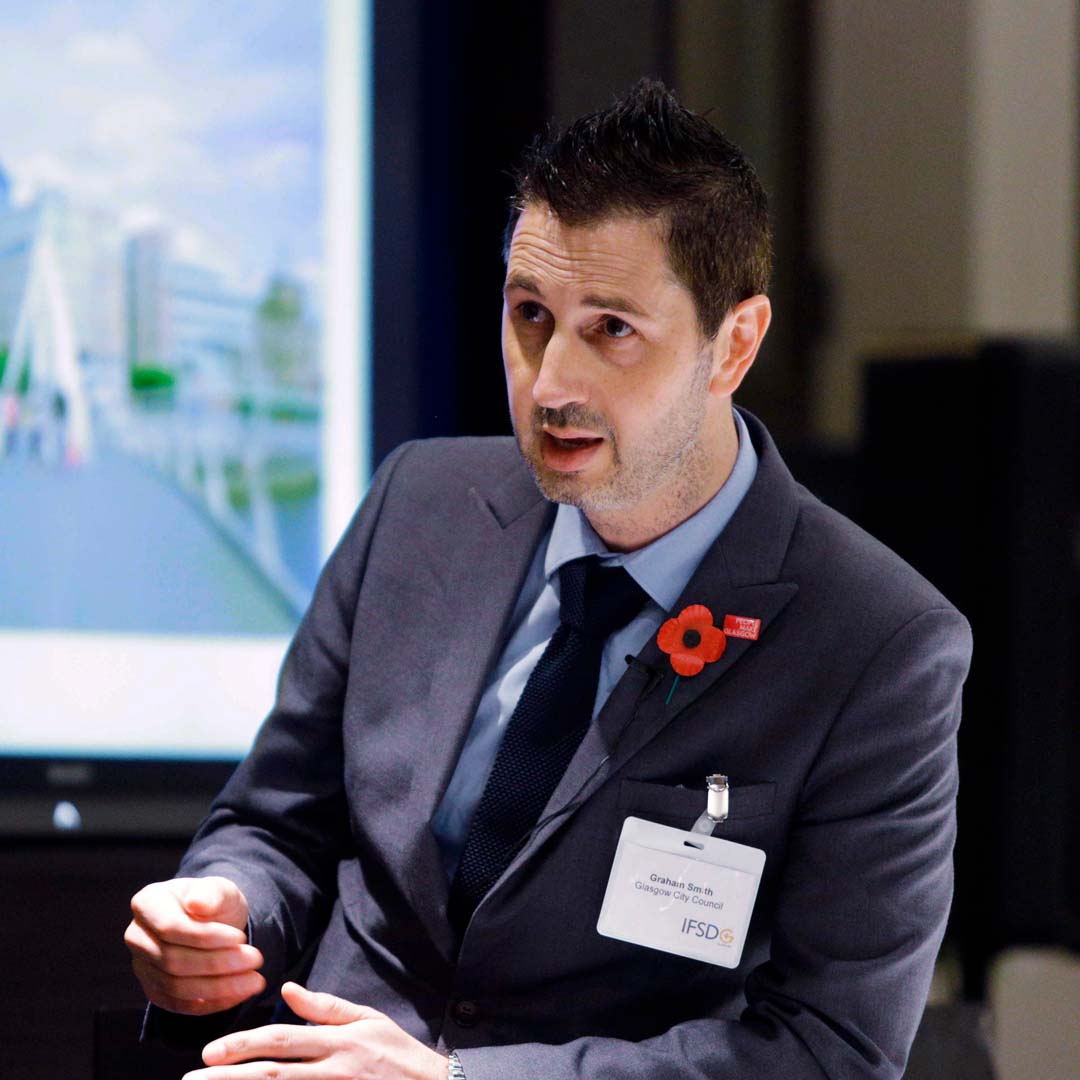 Glasgow City Council Group Manager for Business Growth, Glasgow City Council
Glasgow City Council Group Manager for Business Growth, Glasgow City CouncilGraham Smith Glasgow City Council Group Manager for Business Growth, Glasgow City Council
Graham Smith is Group Manager for Business Growth within Glasgow City Council and is responsible for driving business growth in the city, working towards making Glasgow the most productive UK city economy by 2023. He leads a team of skilled professionals delivering business advice and support to Small and Medium Sized Enterprises (SME’s) in the city and works closely with stakeholders across the public, private and education sectors to support the growth of key sectors, identifying challenges and formulating policy interventions to overcome barriers. As well as leading the development of Innovation Districts in the city, Graham sits as a Director on Business Loans Scotland, providing access to debt finance for businesses.
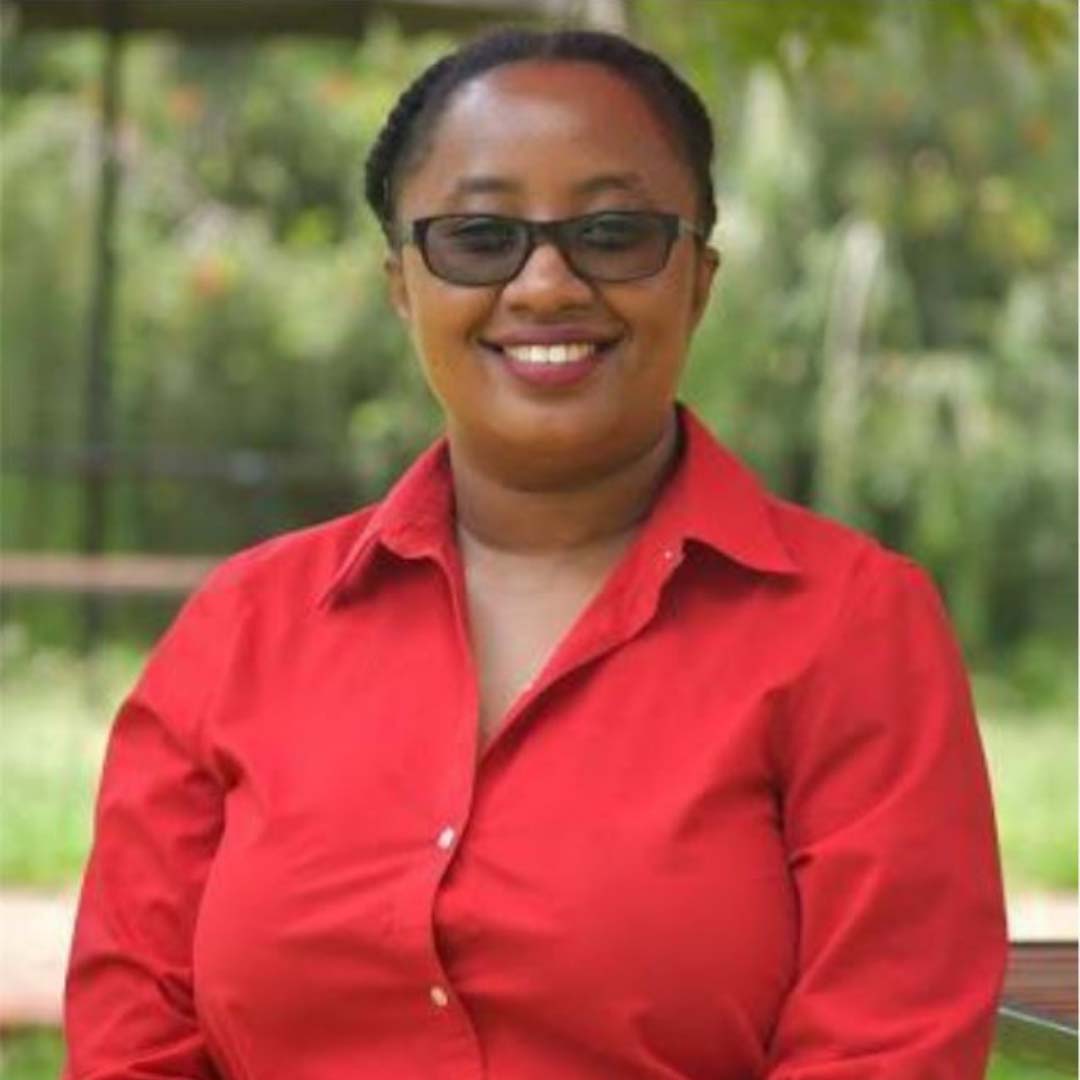 Project Manager at the Office of the Deputy Vice Chancellor Research and Innovation (DVC R&I) at Strathmore University (SU).
Project Manager at the Office of the Deputy Vice Chancellor Research and Innovation (DVC R&I) at Strathmore University (SU).Anne Wacera Wambugu Project Manager at the Office of the Deputy Vice Chancellor Research and Innovation (DVC R&I) at Strathmore University (SU).
Anne Wacera Wambugu is a Project Manager at the Office of the Deputy Vice Chancellor Research and Innovation (DVC R&I) at Strathmore University (SU). She is an electrical engineer with 5+ years’ experience in the energy access sector, with a main focus on electricity access using renewable energy technologies. Her engineering work involves quality, standardization and conformity assessment of electrical energy systems including direct current systems such as solar photovoltaics (pico to grid scale), and household electrical appliances. Her work covers the gender mainstreaming of renewable energy technologies, the use of electrical technologies to improve health outcomes in Sub-Saharan Africa and energy data science.
Anne is the chairperson of the Africa’s Young Professionals and Gender Programme at African Union’s Standardization and Electrotechnical Commission (AFSEC) and Kenya’s Young Professionals Programme at Kenya Bureau of Standards (KEBS). She is an expert on KEBS Technical Committee (TC) 92 on solar PV, AFSEC TC 82 on solar PV, the Kenya National Committee for the International Electrotechnical Commission (IEC), and IEC Systems Committee on Low Voltage Direct Current. She is also the Standards and Quality Assurance consultant for the Modern Energy Cooking Services (MECS) project.
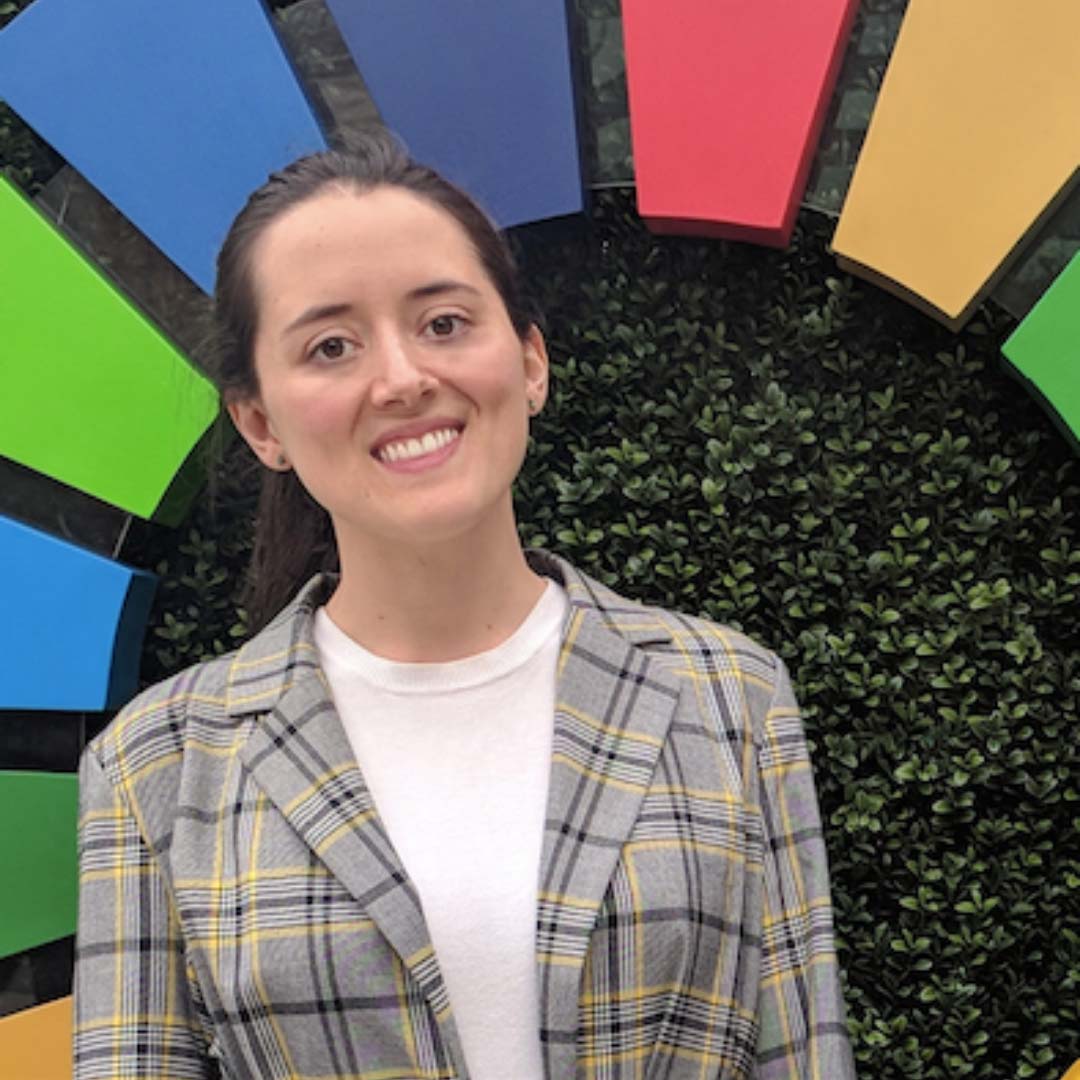 Project Lead of the Local Pathways Fellowship at the UN Sustainable Development Solutions Network – Youth Initiative
Project Lead of the Local Pathways Fellowship at the UN Sustainable Development Solutions Network – Youth InitiativeAna Ynestrillas Project Lead of the Local Pathways Fellowship at the UN Sustainable Development Solutions Network – Youth Initiative
Ana Ynestrillas is the Project Lead of the Local Pathways Fellowship at the UN Sustainable Development Solutions Network – Youth Initiative. The LPF program spans 180 different cities upskilling young innovators about sustainable cities and advances problem-solving around the world. Ana is a Master of Science graduate from the City College of New York with a vast record of working at the intersection of smart cities, innovation ecosystems, and sustainable urban development. Her background combines experience from the public, private and non-profit sectors including roles at Smart Cities New York, Urban Tech Hub, and NYC Department of Environmental Protection.
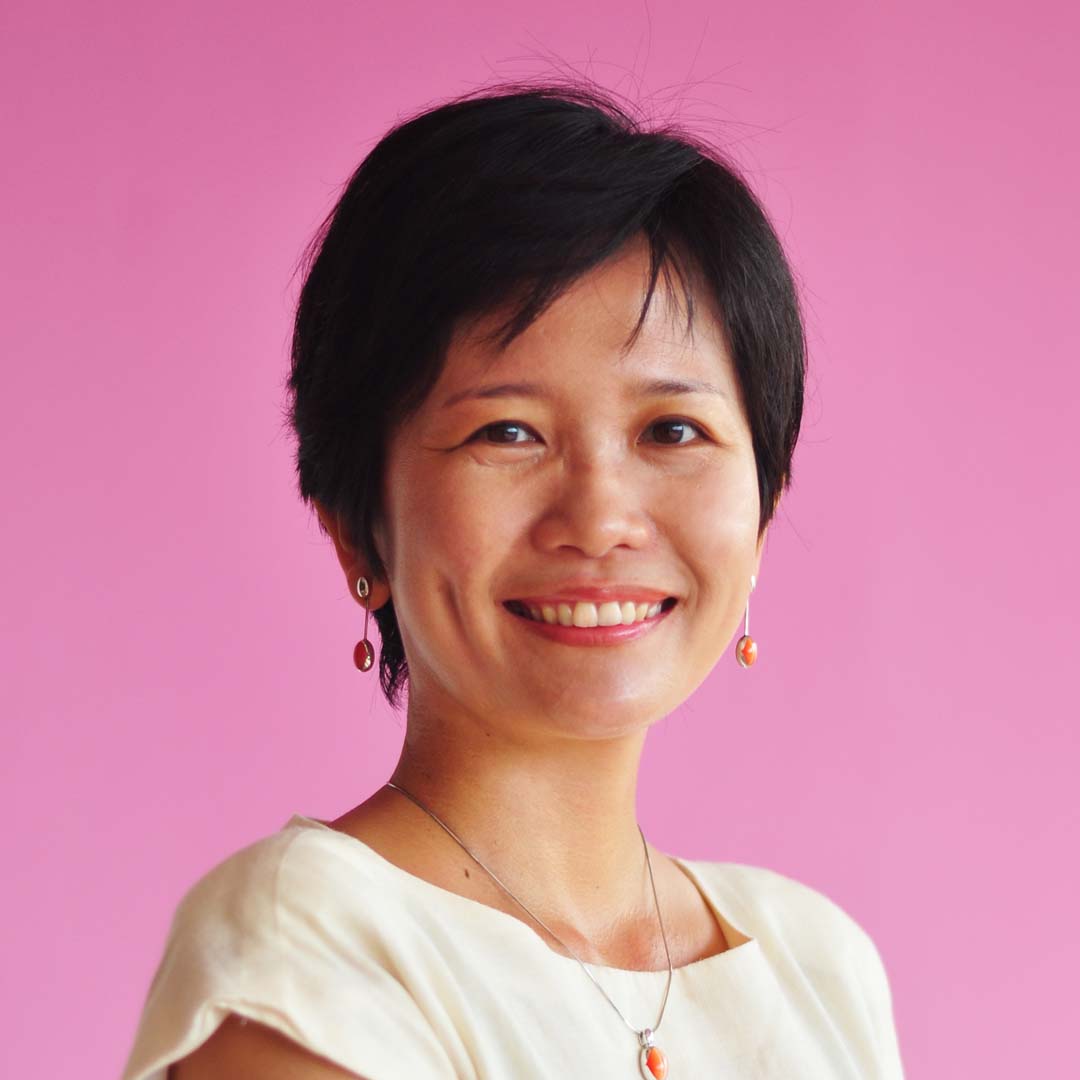 Professor, Jeffrey Sachs Centre on Sustainable Development, Sunway University
Professor, Jeffrey Sachs Centre on Sustainable Development, Sunway UniversityLeong Yuen Yoong Professor, Jeffrey Sachs Centre on Sustainable Development, Sunway University
Leong Yuen Yoong is Professor of Practice at the Jeffrey Sachs Centre on Sustainable Development (JSC) at Sunway University. She co-leads the United Nations Sustainable Development Solutions Network ASEAN Green Future Project, which involves analysing the strategic decarbonisation opportunities across sectors and developing possible forward technology roadmaps.
Yuen Yoong brings the care and growth leadership model, the European heritage regarding work as a learning process and board level perspectives to her teaching. Her training in Business Sustainability Management at University of Cambridge Institute for Sustainability Leadership strengthens her ability to teach sustainability related subjects. Her work is also enriched by her training in taichi and moxibustion, which are about enabling the qi to flow.
Yuen Yoong began her professional life with Golden Hope Plantations Berhad, Sime Darby Berhad and the Malaysian Life Sciences Capital Fund, and has since had an entrepreneurial career, co-founding two businesses – WAYY Consulting and Natural Ease.
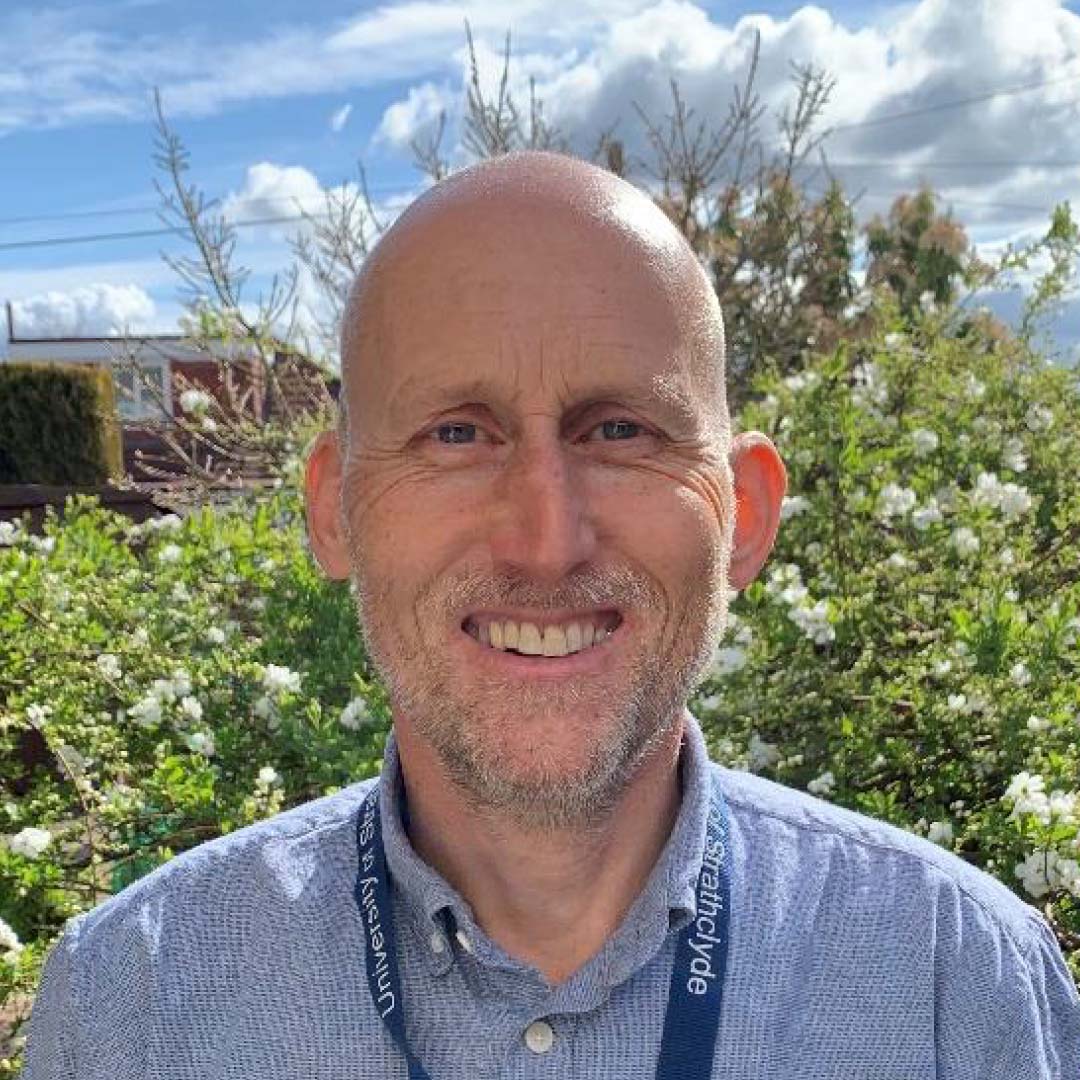 Executive Lead for Sustainability, University of Strathclyde
Executive Lead for Sustainability, University of StrathclydeRoddy Yarr Executive Lead for Sustainability, University of Strathclyde
Roddy Yarr is Executive Lead for Sustainability. Roddy is a sustainability expert who is responsible for the development and delivery of climate change and social responsibility initiatives that address the University’s response to net zero and sustainability issues across all of its operational assets in west central Scotland.
Roddy leads the Sustainable Strathclyde team which is delivering the University’s Climate Change and Social Responsibility Plan and net zero targets. Roddy successfully led the delivery of the £20M District Heating project at the main campus and developed the design and funding programme that has enabled the delivery of the University’s first energy carbon neutral building in operation at the new National Manufacturing Institute Scotland.
Roddy has also developed an innovative, bold and collaborative ‘Climate Neutral Districts’ vision deploying 100% renewable heat, power, active travel, adaptation and well being solutions across all University assets in the central belt of Scotland. The vision takes a partnership approach to enable ‘scale and speed’ of climate action in Glasgow and region, with people at the centre.
Roddy advises the Sustainable Glasgow Partnership Group and is on the board of Climate Ready Clyde and the Clyde Climate Forest Programme Group. He also leads the Clyde Mission ‘Net Zero’ Group that is seeking to decarbonise the Clyde Corridor. Roddy is an external advisor and Board member of the West Dunbartonshire Energy Board LLP which operates the award winning Queens Quay Heat Pump and Energy Centre. He is an external advisor to the Scottish Parliament’s Sustainability Board.
